The benefits of water have been recognized for centuries. It was the ancient Greeks who first appreciated the soothing and healing powers of water – now, it has become an essential part of many relaxation routines. Water therapy, otherwise known as hydrotherapy or balneotherapy, provides numerous health benefits and is an effective way to relax, unwind, and rejuvenate. This comprehensive guide will introduce you to the various aspects of water therapy and how to achieve the ultimate bath relaxation experience.
The History of Water Therapy
Water therapy dates back to ancient Greece and Rome. The ancient Greeks were the first to recognize the health benefits of bathing in natural hot springs and cold mineral waters. The Romans later expanded on this idea, building elaborate public bathhouses for relaxation and purification. These bathhouses were not only a way to cleanse the body, but also a place to socialize and discuss politics, art, and philosophy.
Today, water therapy is a popular way to alleviate stress, relieve pain, and promote overall wellness. Many modern methods of water therapy incorporate traditional techniques with modern advancements, such as the use of essential oils, bath salts, and luxury bath products to enhance the experience.
The Benefits of Water Therapy
Water therapy provides a wide range of physical, mental, and emotional benefits. Some of the most significant advantages include the following:
- Reduces stress and anxiety: Warm water helps to release endorphins, which are the body's natural "feel good" chemicals. This can help to reduce feelings of anxiety and stress and promote overall well-being.
- Improves sleep: Taking a warm bath before bedtime can help to improve the quality of sleep. The warm water can help to relax the muscles and calm the mind, making it easier to drift off to sleep.
- Relieves muscle tension and pain: Warm water can help to alleviate muscle tension and pain by increasing blood flow to the muscles and promoting relaxation.
- Boosts the immune system: Cold water therapy can help to strengthen the immune system by increasing the body's production of white blood cells.
- Improves circulation: Water therapy can help to improve circulation by increasing blood flow, which can help to deliver essential nutrients and oxygen to the body's organs and tissues.
- Enhances mood: Taking a warm bath can help to increase the levels of serotonin in the body, which is responsible for helping to regulate mood.
How to Achieve Optimal Bath Relaxation
There are a few key elements to consider when creating the perfect bath relaxation experience. Consider incorporating the following into your water therapy routine:
- Add Bath Salts or Epsom Salts: Bath and Epsom salts can help to detoxify and cleanse the body, while also providing a soothing and relaxing environment for the senses. They can help to alleviate stress and promote relaxation. Check out how bath salts aid in relaxation to learn more.
- Add Essential Oils: Essential oils can enhance your water therapy experience by providing soothing aromas that help to relax and calm the mind. Lavender, chamomile, and ylang-ylang are popular choices for promoting relaxation.
- Use a Luxury Bath Pillow: A luxury bath pillow can make all the difference when it comes to achieving true bath relaxation. A high-quality, supportive bath pillow can help to provide the ultimate level of comfort, allowing you to fully immerse yourself in your water therapy experience.
- Create the Perfect Environment: Set the mood for your water therapy session by using candles, soft lighting, and soothing music to create a calming and relaxing atmosphere.
- Incorporate Mindfulness Practices: Consider using bath time as an opportunity to engage in mindfulness practices such as meditation, deep breathing, or visualization exercises to help alleviate stress and promote overall well-being.
Cold Water Therapy for Improved Health
Cold water therapy is another form of water therapy that provides numerous health benefits. Immersing oneself in cold water can help to boost the immune system, improve circulation, reduce inflammation, and even promote weight loss. Some popular forms of cold water therapy include cold showers, ice baths, and cold water plunges.
Remember that when incorporating cold water therapy into your routine, it is essential to start slow and gradually adapt your body to the colder temperatures, to avoid any potential risks or discomfort.
Expert Tips for the Perfect Bath Relaxation Experience
- Timing is Key: Aim to spend at least 20-30 minutes in your relaxing bath to gain the most benefits from the experience. It can help to put aside any distractions, such as electronic devices, to fully immerse yourself in the relaxation process.
- Tailor Your Bath to Your Needs: There is no one-size-fits-all approach to bath relaxation. You can experiment with different elements, such as water temperature, bath products, and techniques, to find what works best for you and your unique needs.
- Maximize Your Post-Bath Relaxation: After your bath relaxation session, consider extending your relaxation experience by using a plush bathrobe or lounging in a calm, quiet environment to continue to experience the benefits of your water therapy.
In Conclusion
Water therapy is a powerful tool for achieving a deeply relaxed and rejuvenated state. By incorporating the tips and techniques outlined in this guide, you can create the ultimate bath relaxation experience that caters to your individual needs, helping to promote optimal physical, mental, and emotional well-being. Additionally, consider exploring options such as luxury bath accessories and at-home spa experiences to elevate your relaxation routine even further.
Frequently Asked Questions
What is the hydrotherapy technique for relaxation?
Hydrotherapy is a water-based technique that uses the healing properties of water to promote relaxation and overall well-being. It involves immersing oneself in water (usually warm water), allowing the combination of buoyancy, heat, and gentle pressure to soothe muscles, alleviate tension, and calm the mind. This technique can be enhanced by adding bath salts, essential oils, and other luxurious products to create a truly immersive and relaxing experience.
Is water therapy good for anxiety?
Yes, water therapy can be highly effective in relieving anxiety. The soothing and calming effects of warm water can help to release endorphins, which are the body's natural "feel-good" chemicals, reducing feelings of anxiety and stress. Additionally, incorporating mindfulness practices and essential oils into your water therapy experience can further enhance its anxiety-relieving effects.
How is water therapy for stress and anxiety?
Water therapy can be a powerful tool for reducing stress and anxiety. The warmth and buoyancy of the water can help to relax tense muscles, alleviate physical discomfort, and promote a sense of calm. Additionally, the tranquil and immersive environment created during water therapy allows you to focus on the present moment, making it a highly effective method for practicing mindfulness and meditation and reducing stress.
What are the benefits of water therapy?
Water therapy provides various physical, mental, and emotional benefits, including:
- Reducing stress and anxiety
- Improving sleep quality
- Alleviating muscle tension and pain
- Strengthening the immune system
- Enhancing mood
By incorporating water therapy into your self-care routine, you can experience a profound sense of relaxation, rejuvenation, and overall well-being.

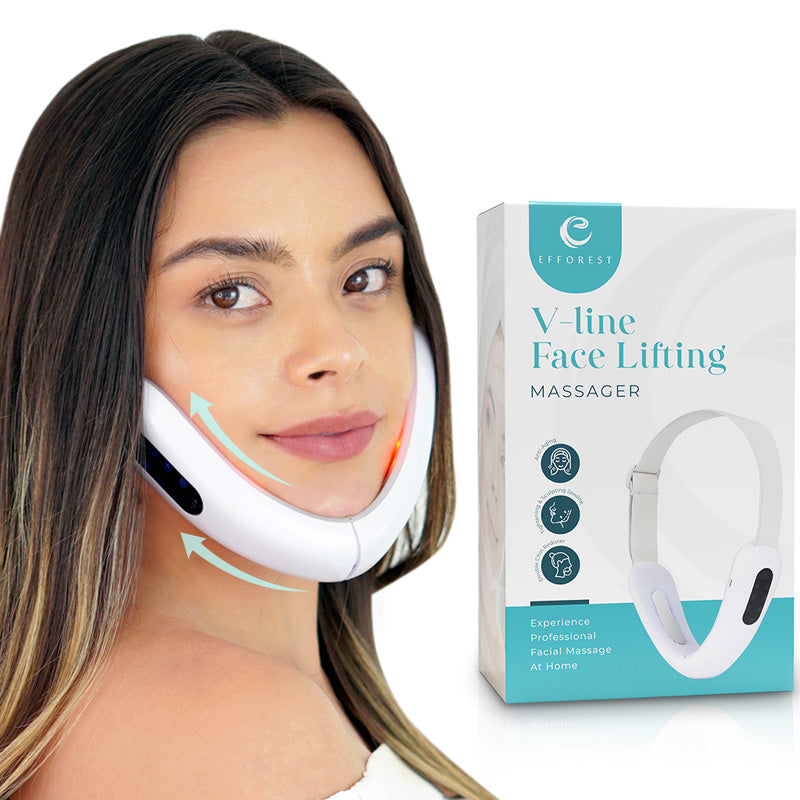
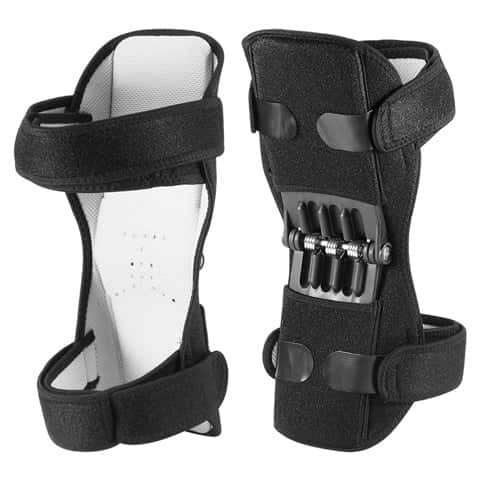
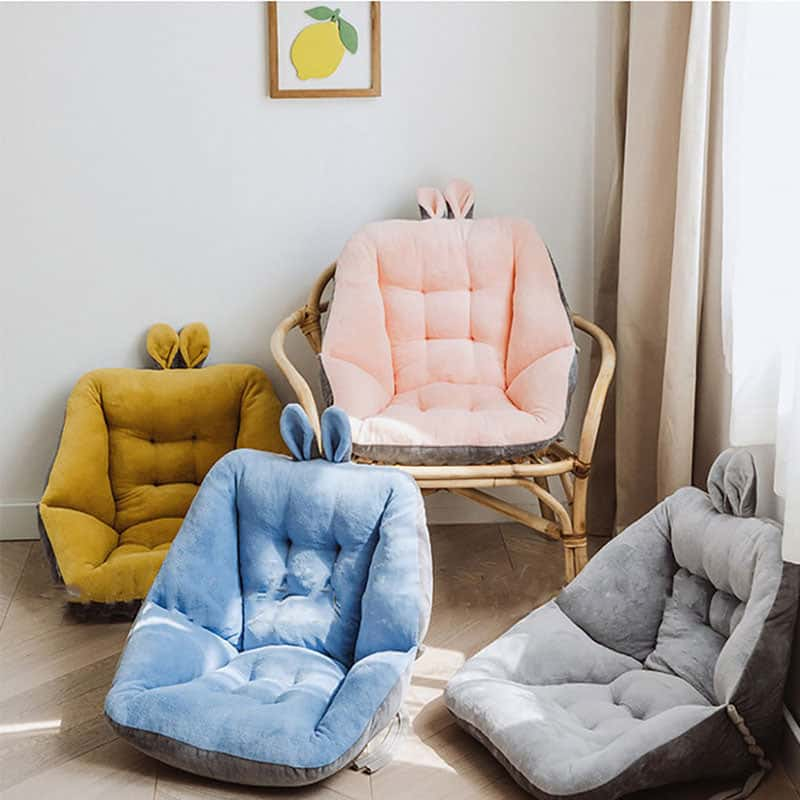

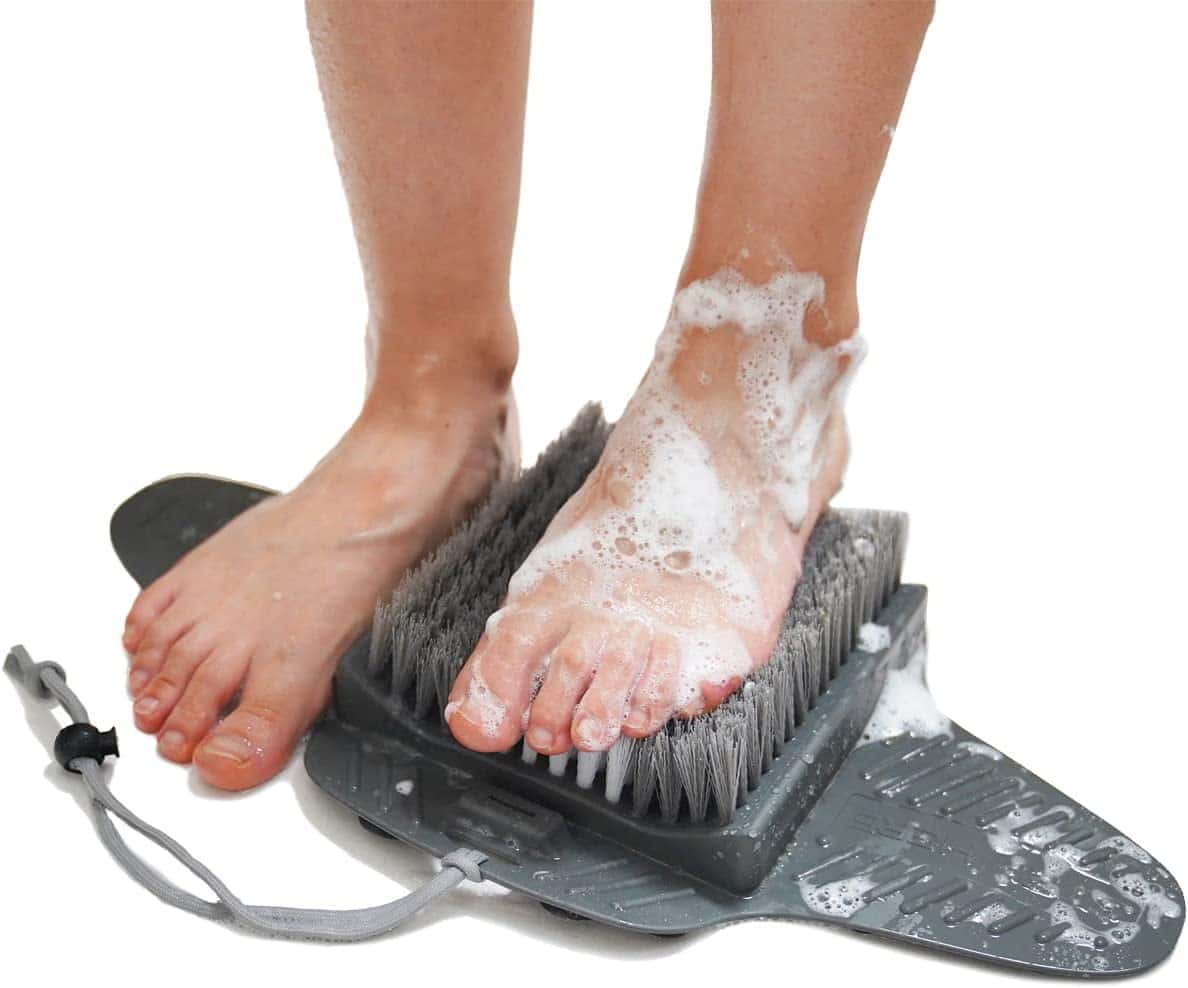
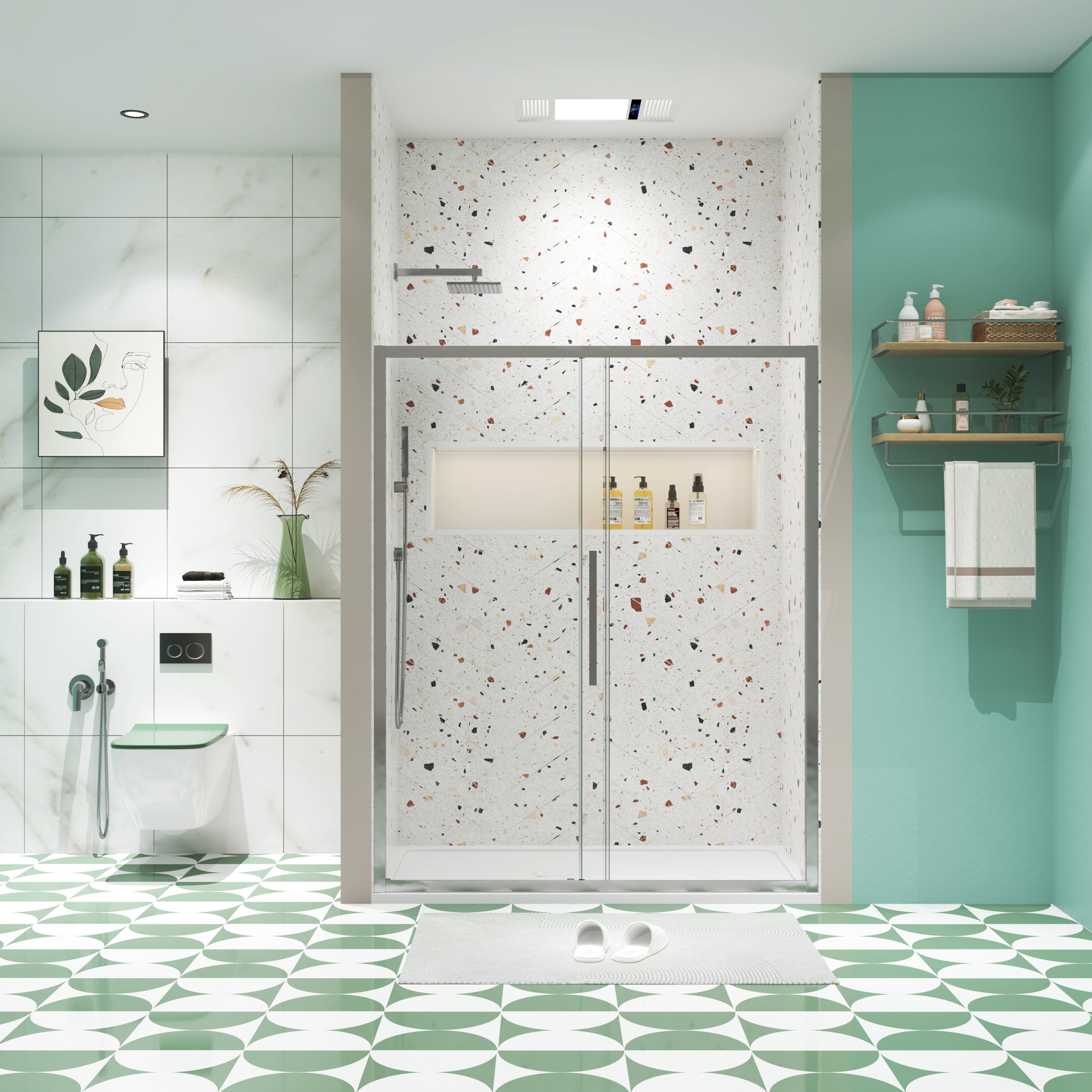
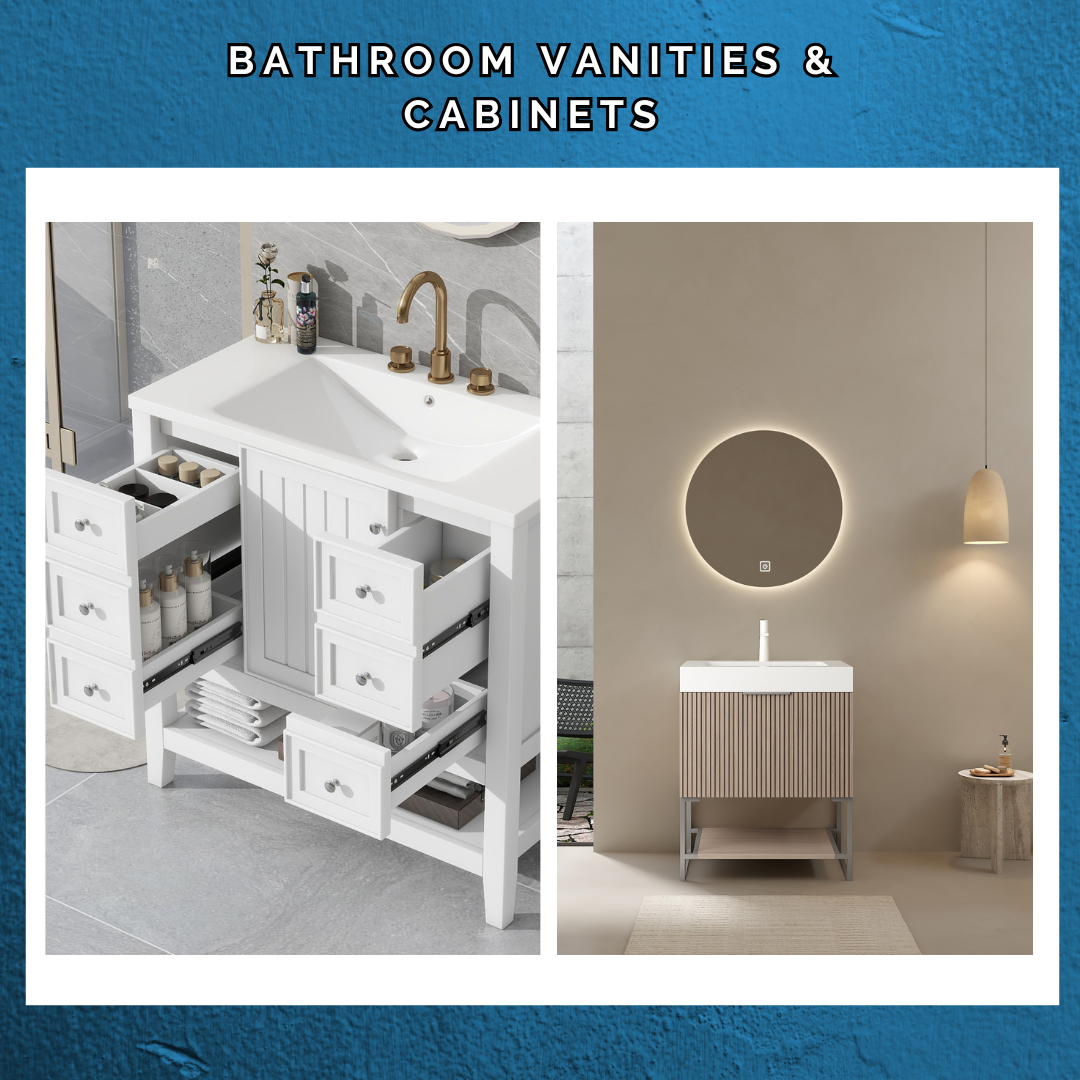
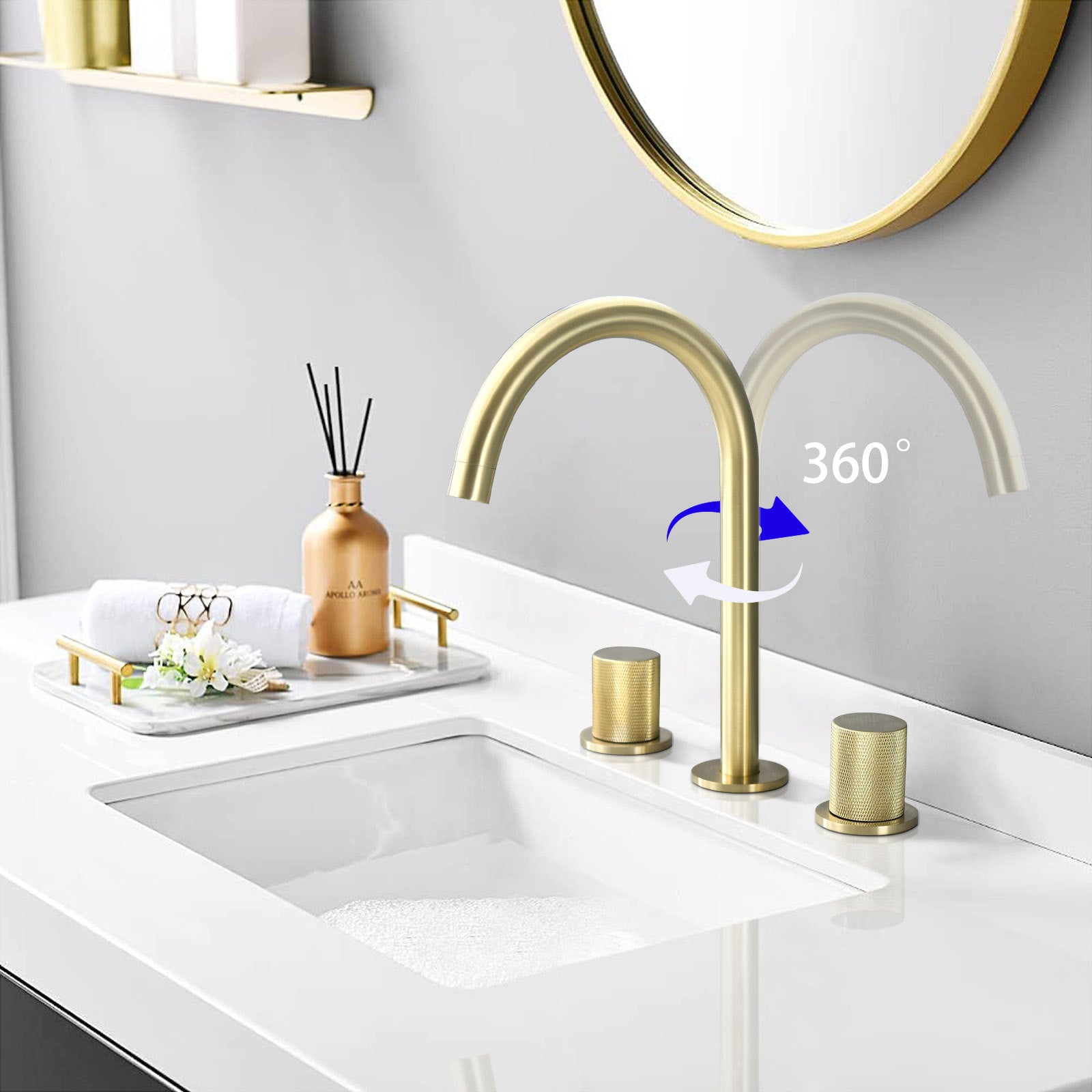
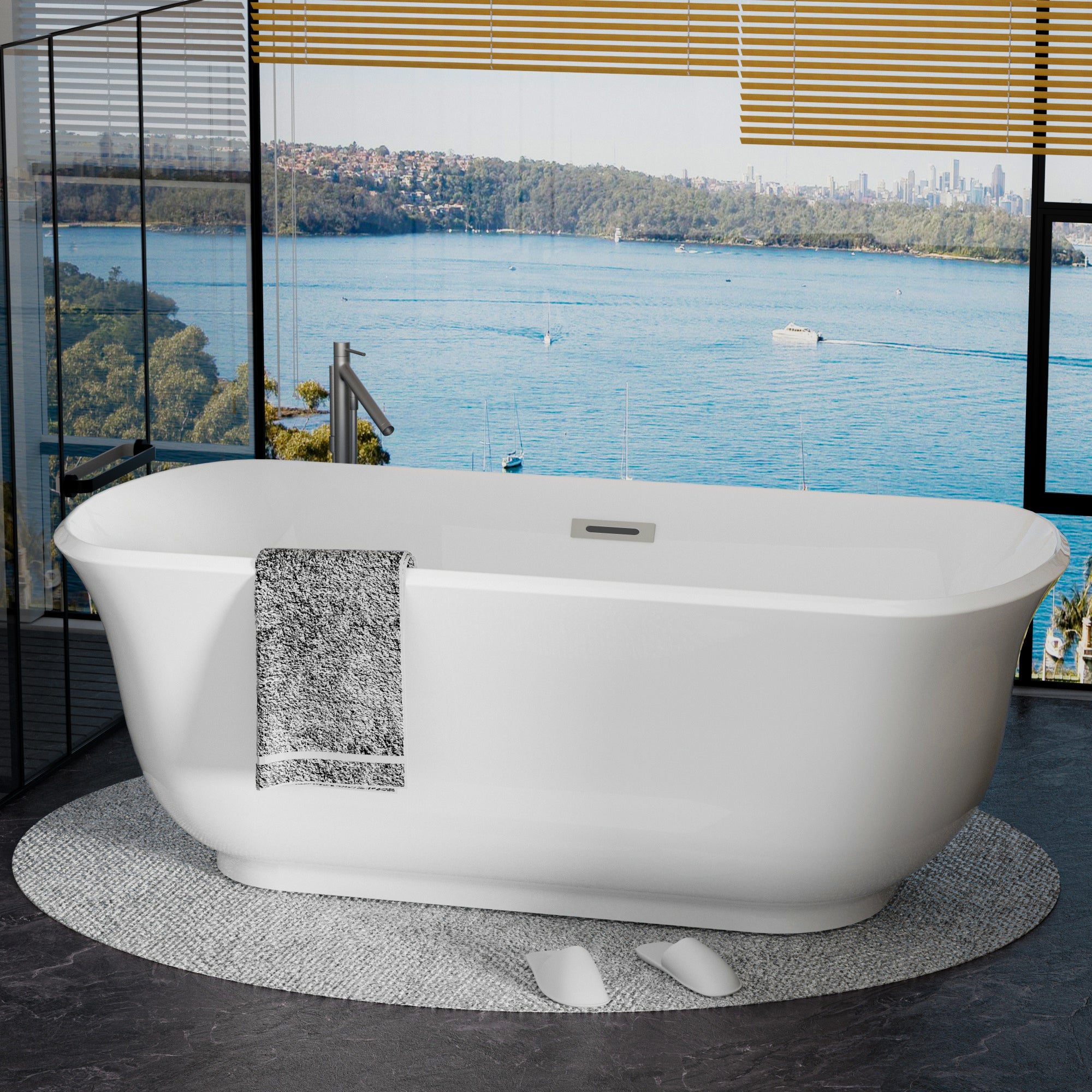
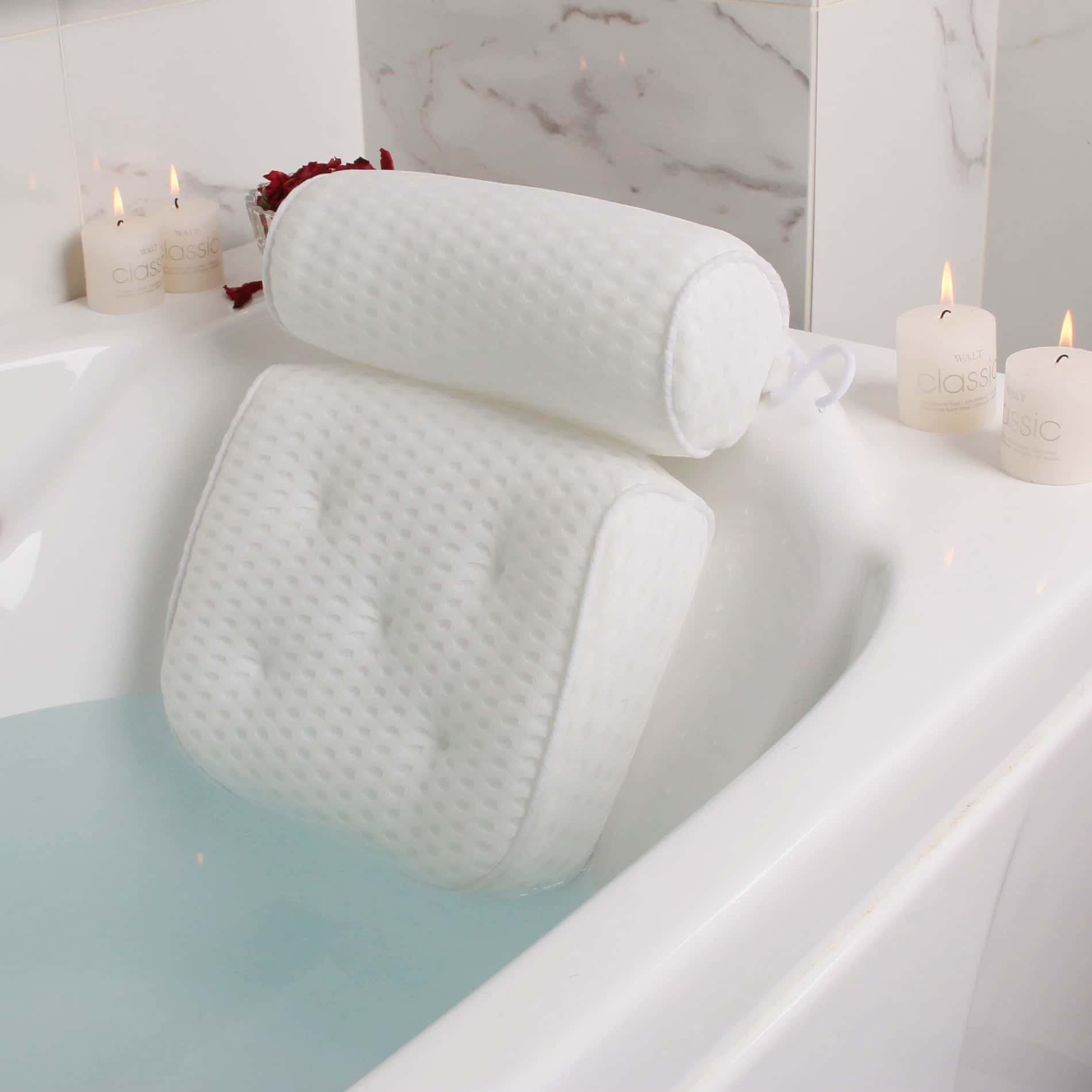
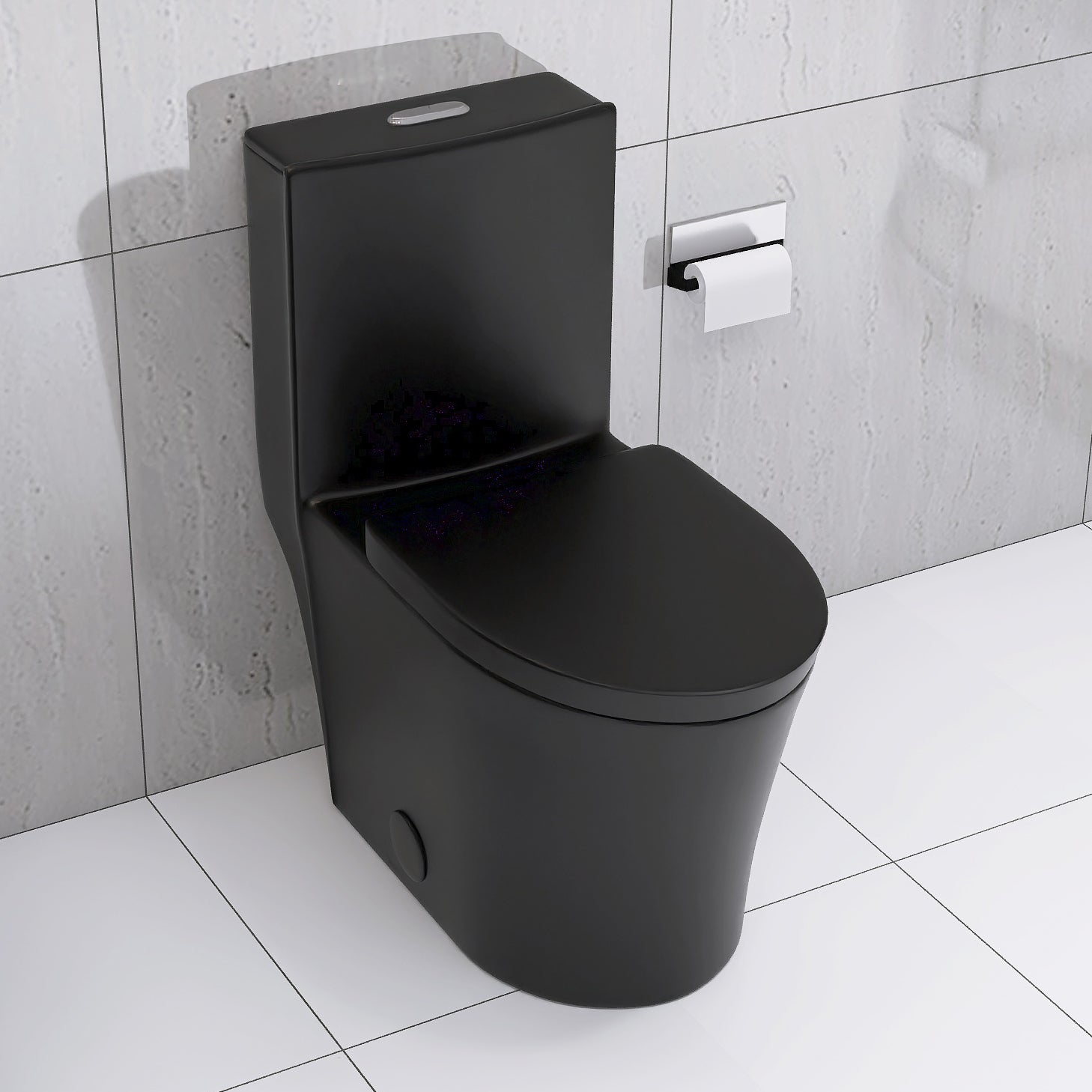
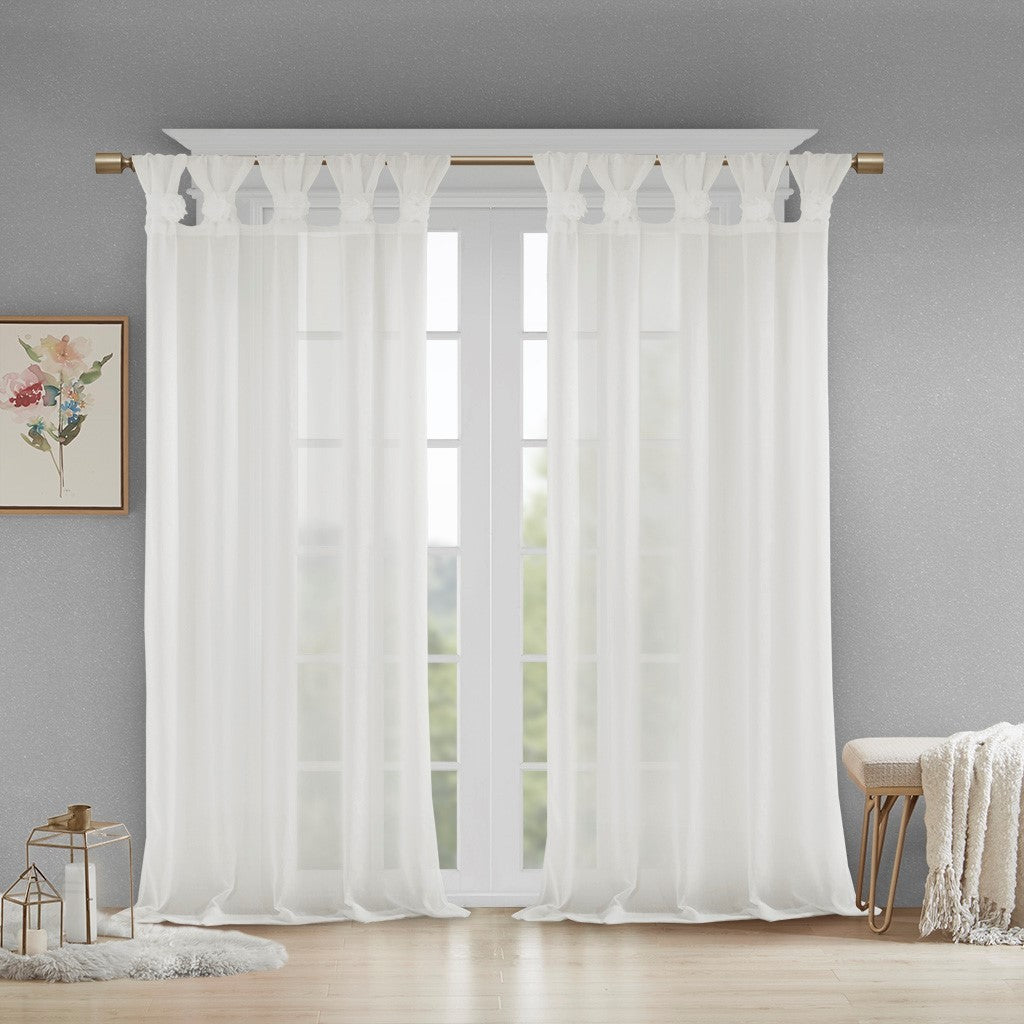
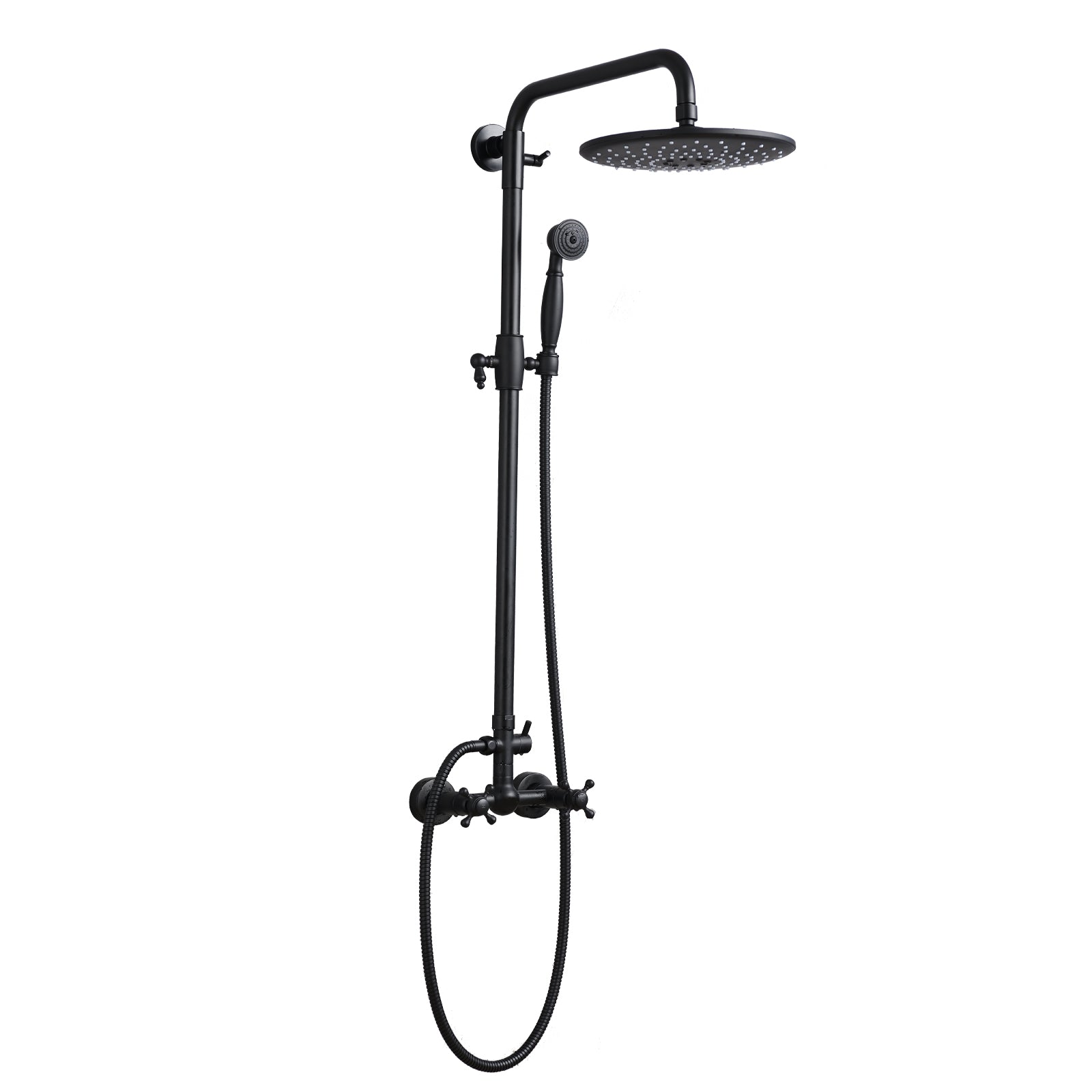



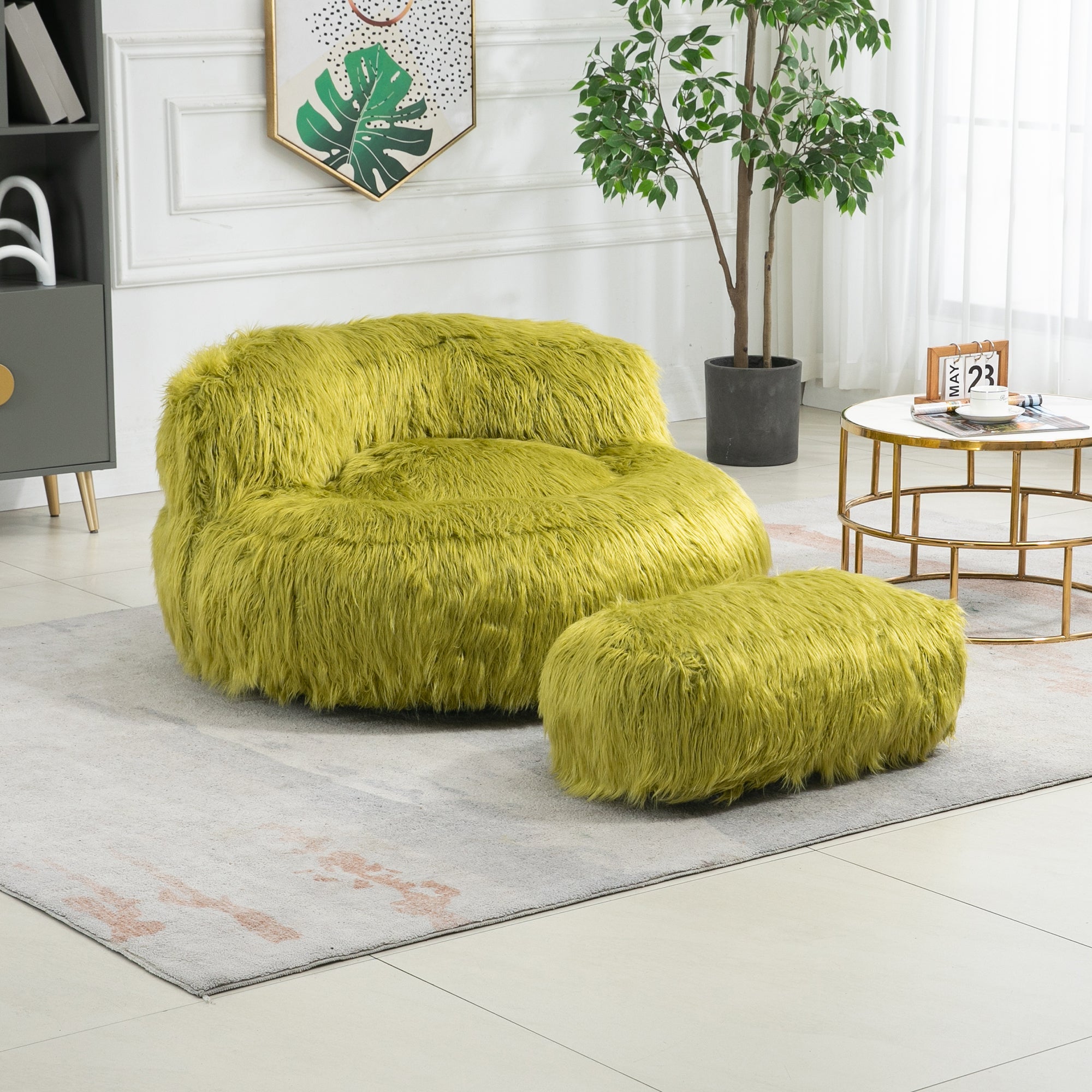

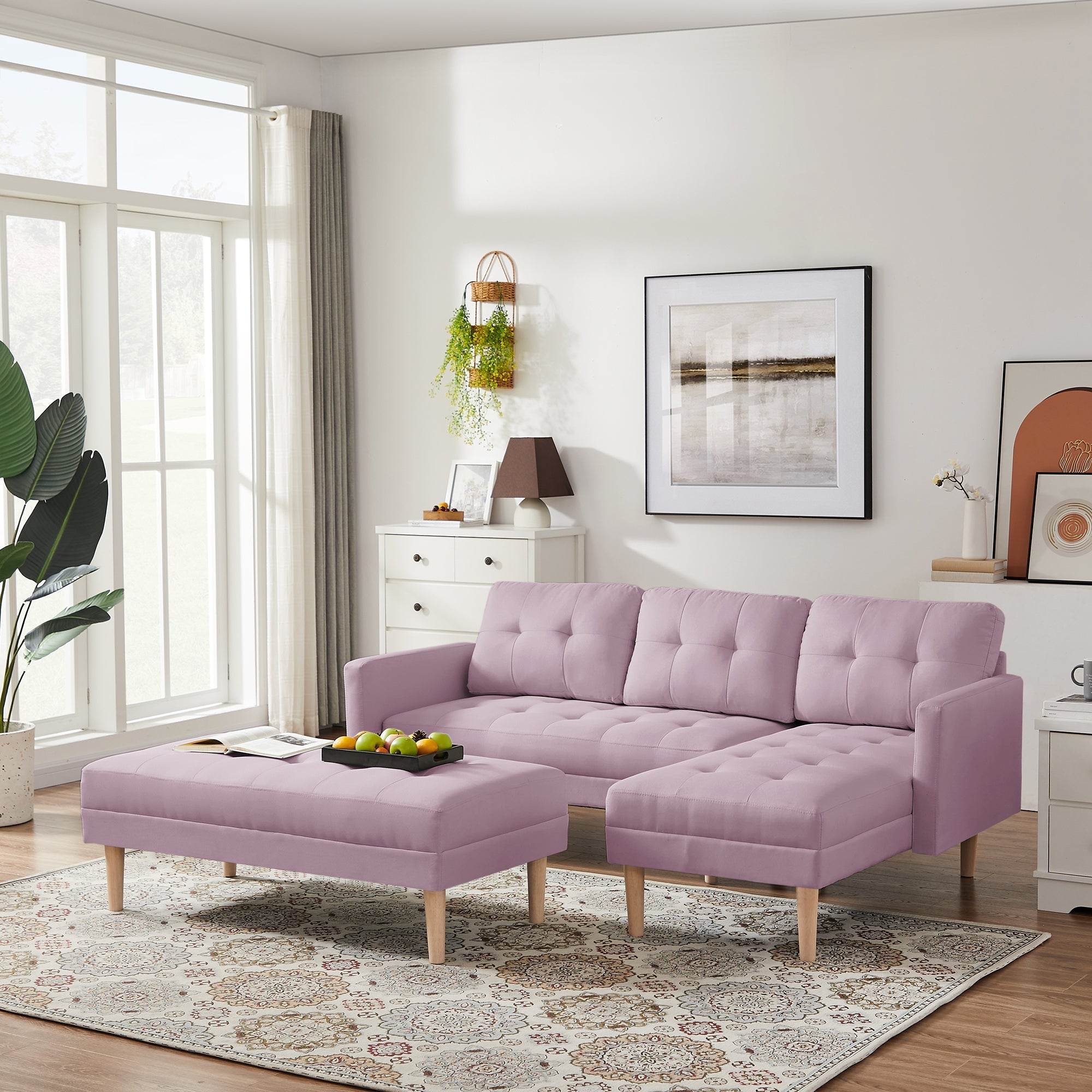
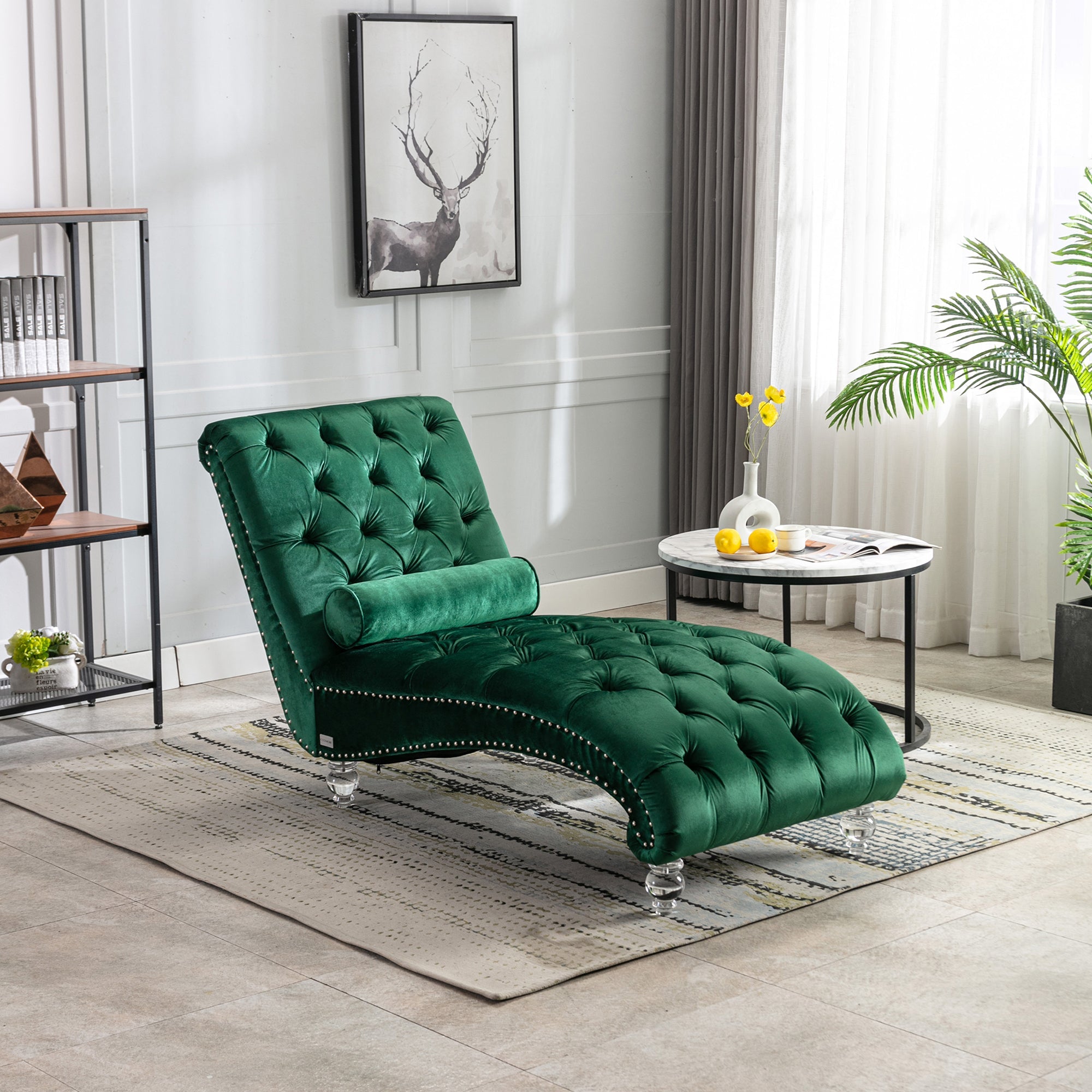



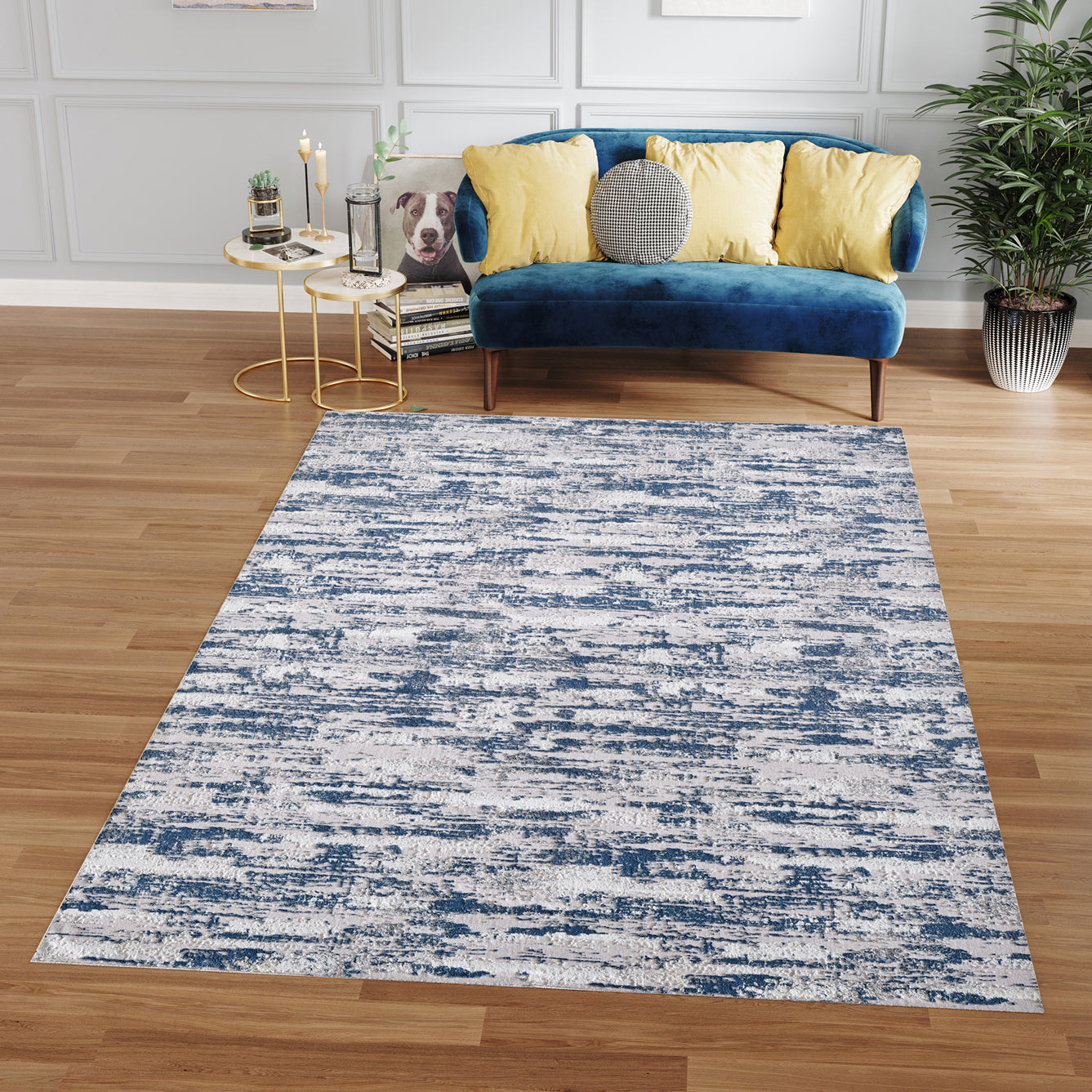
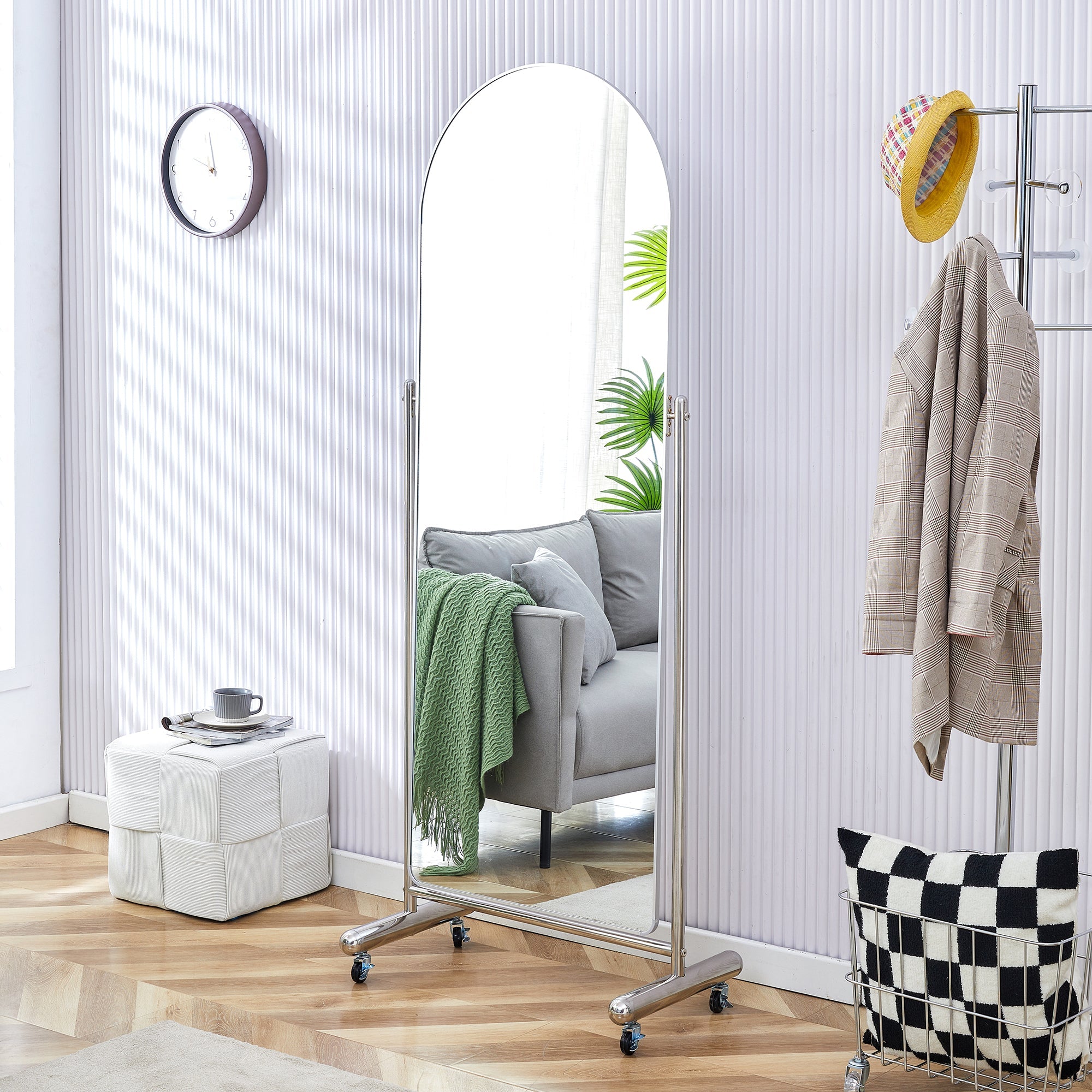

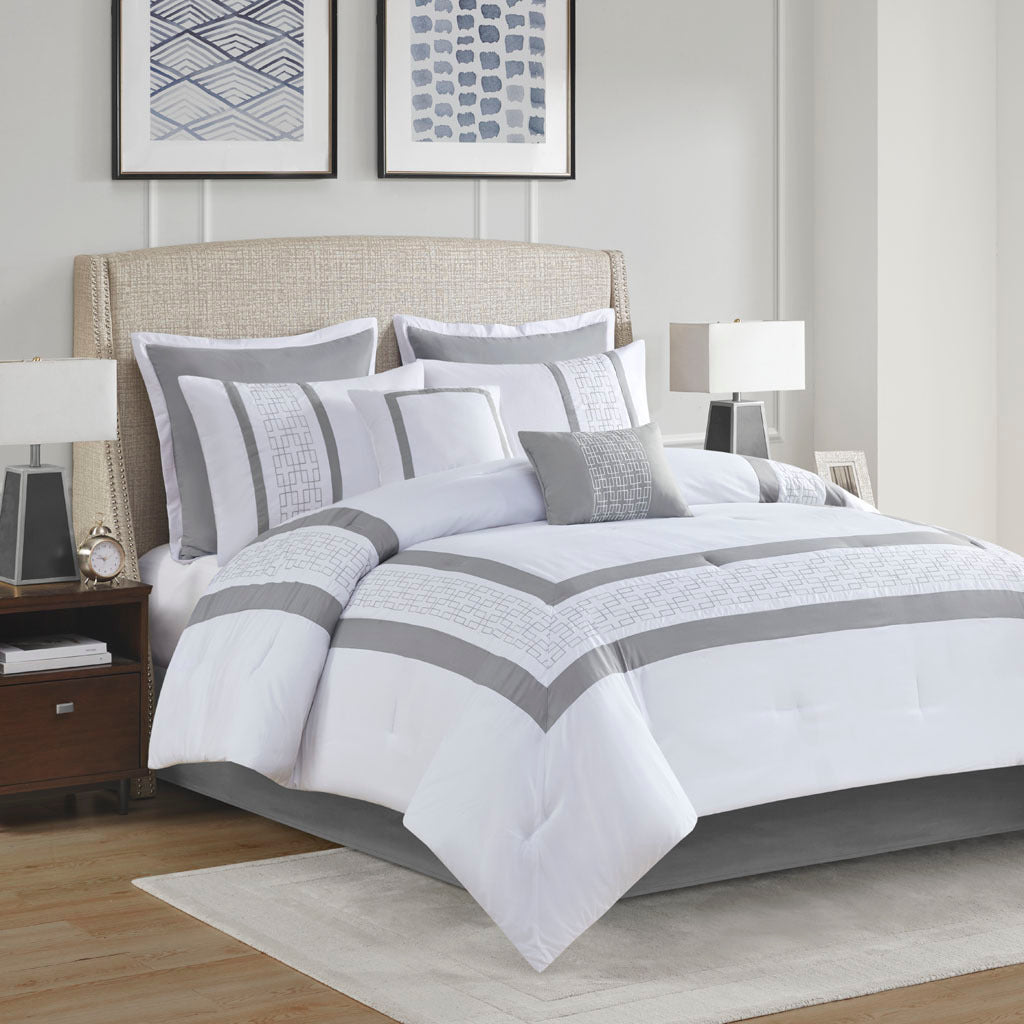
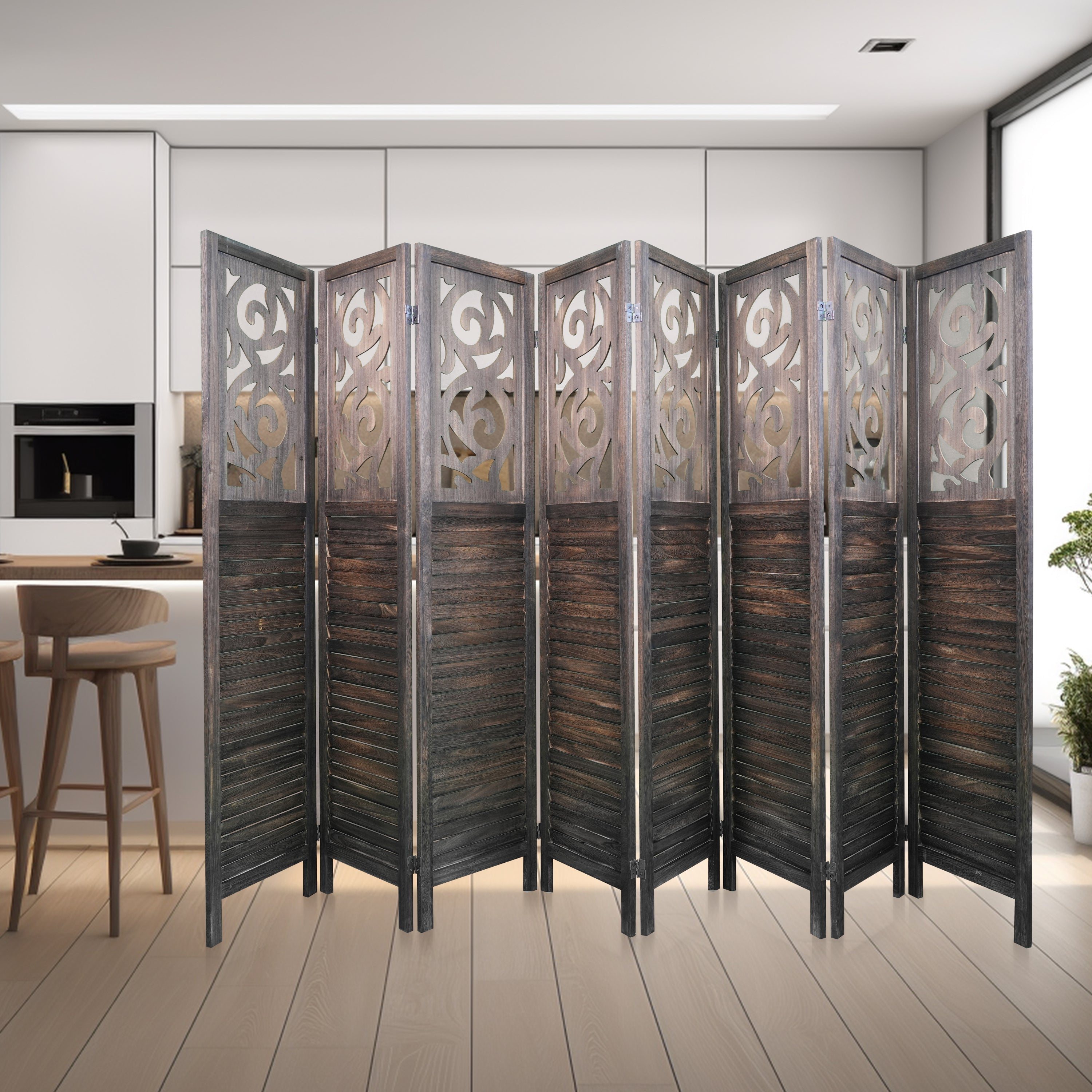

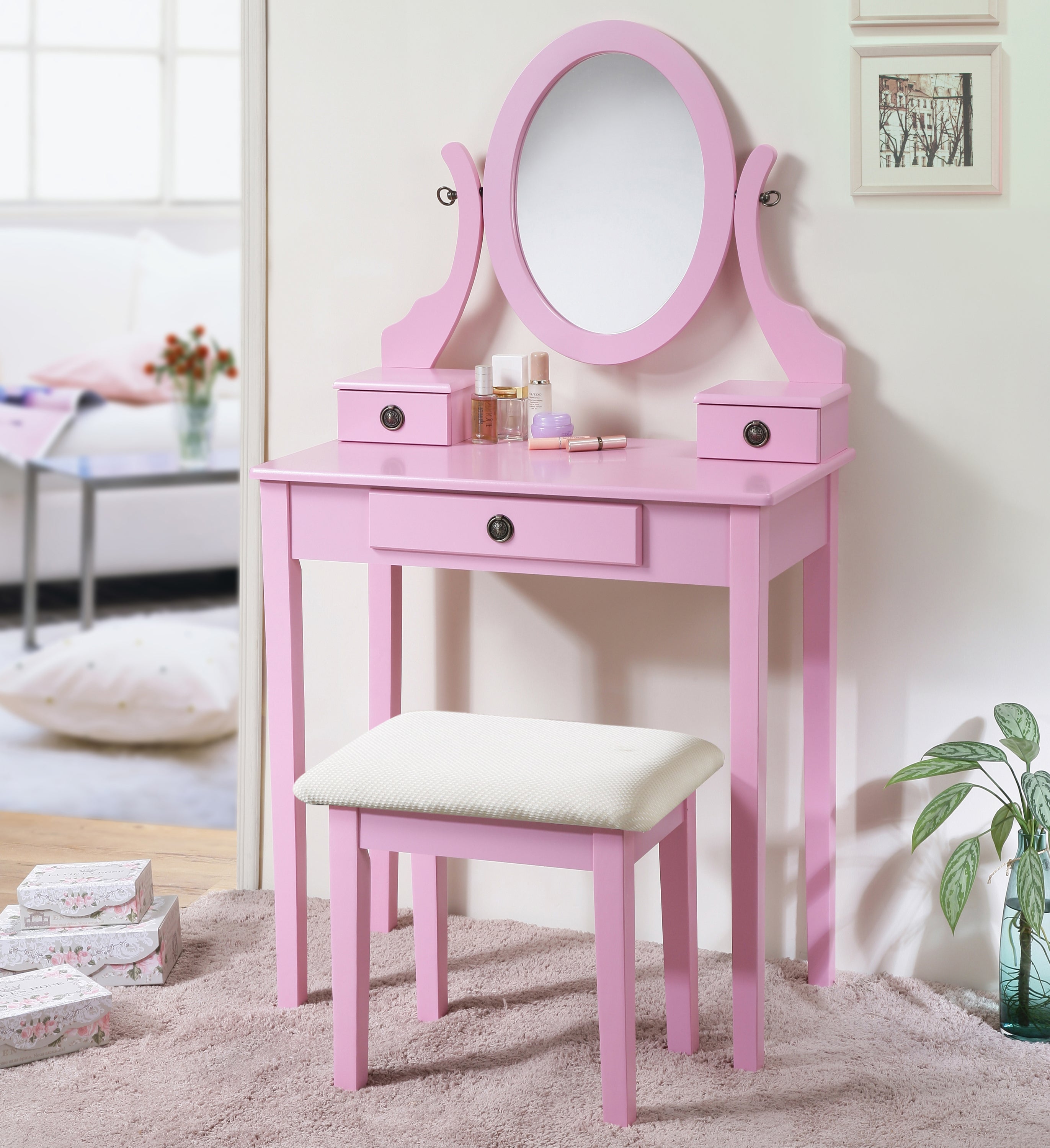
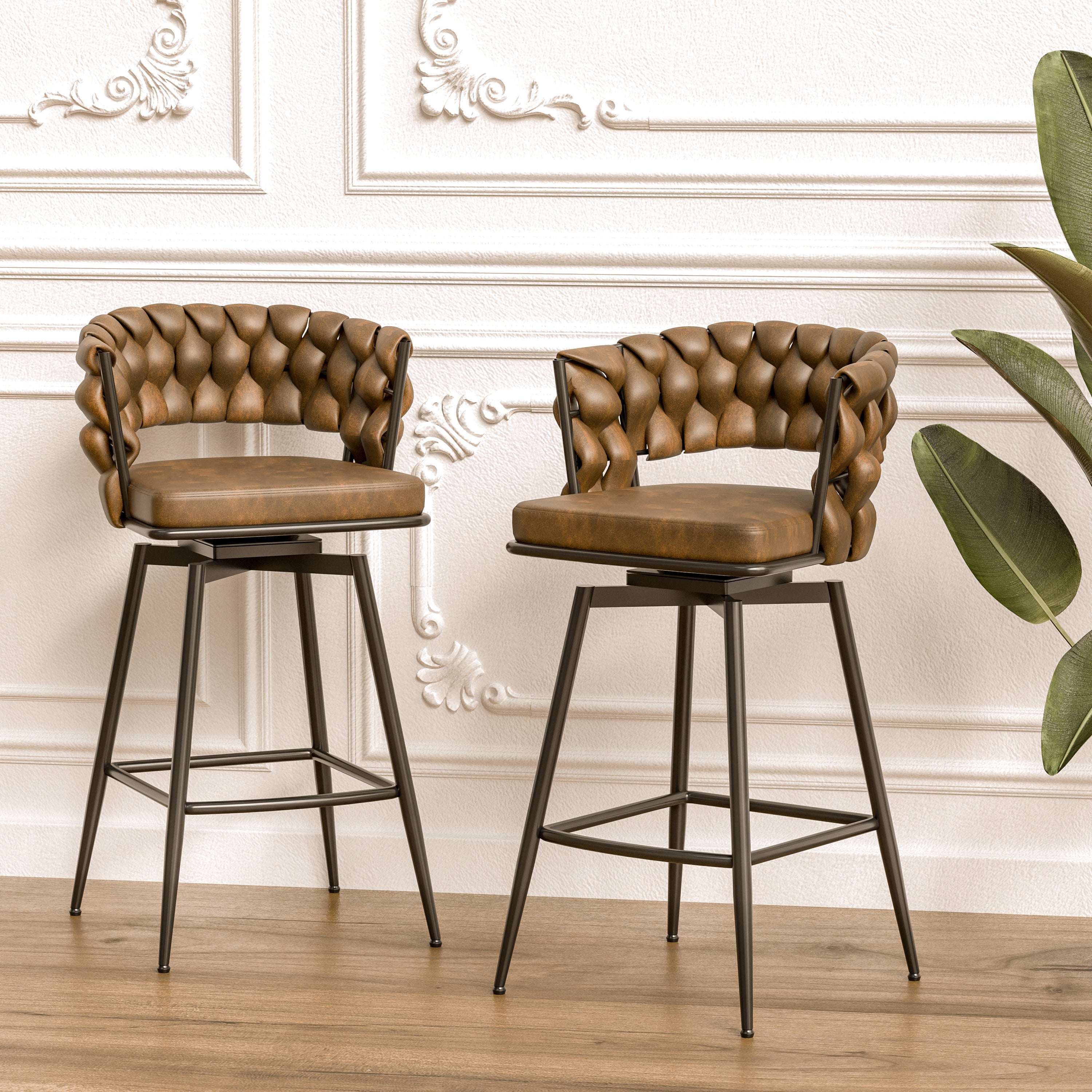
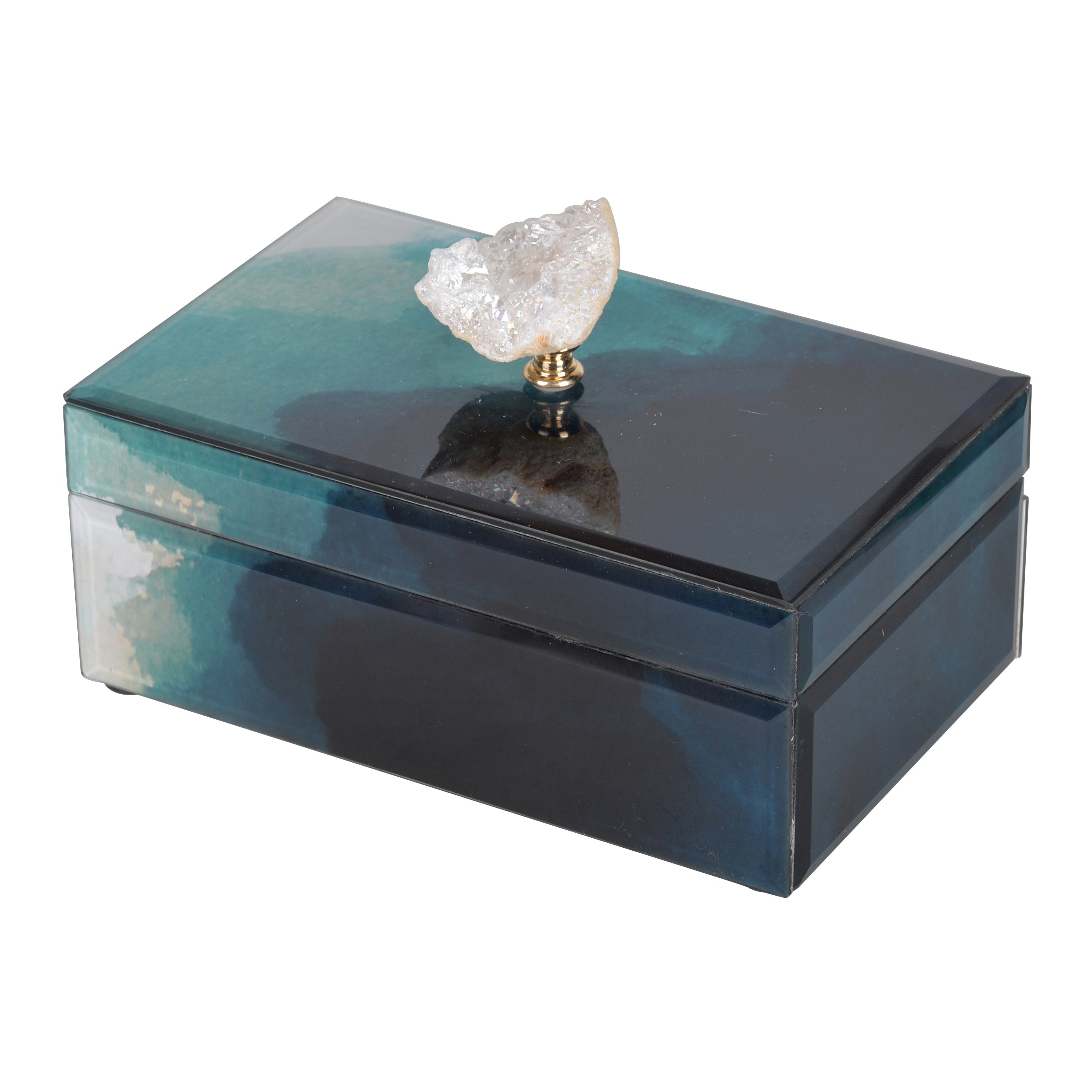
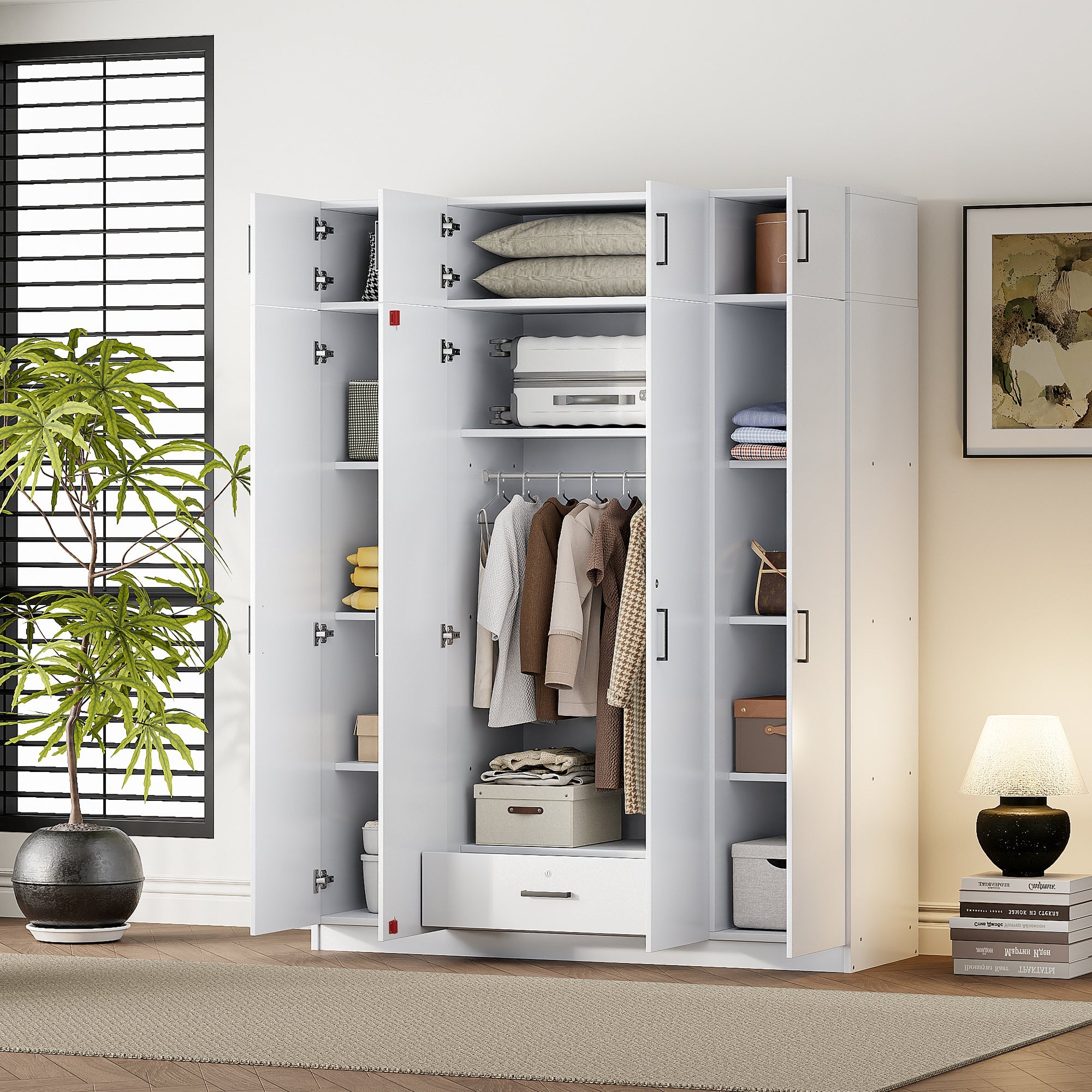
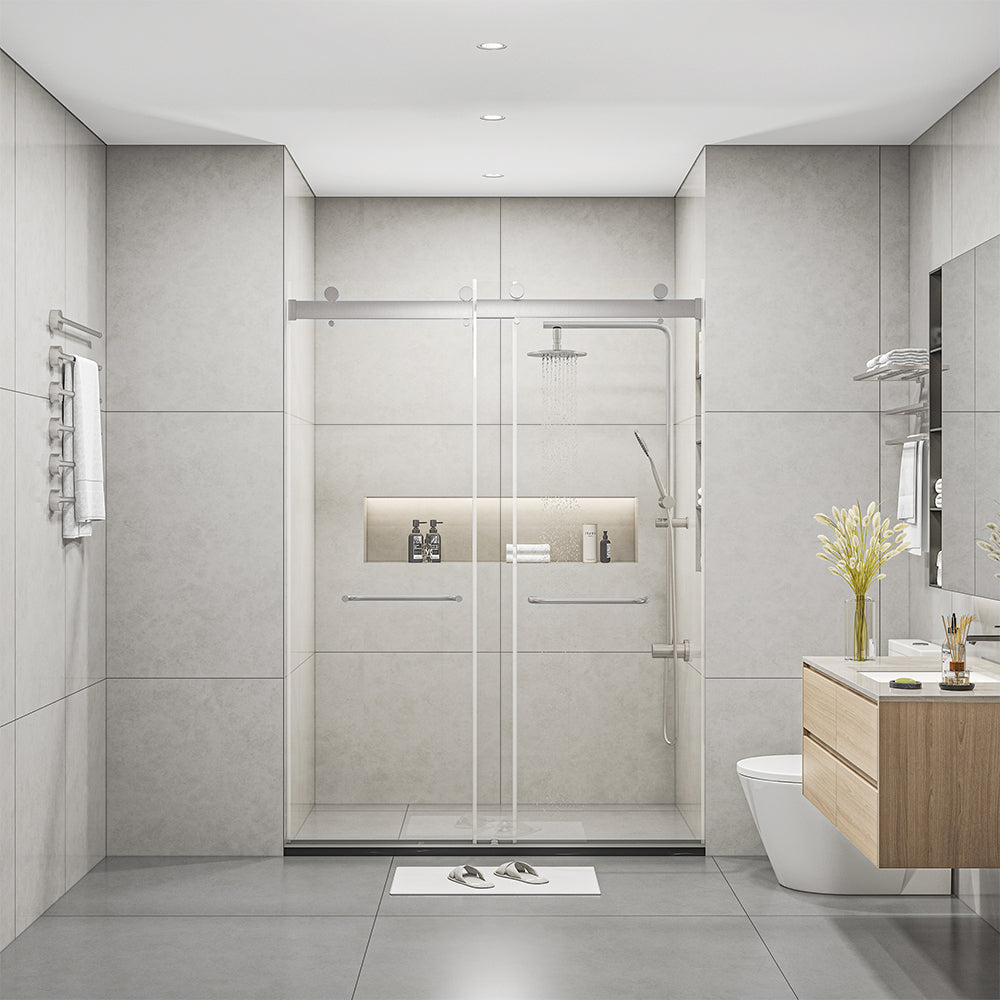
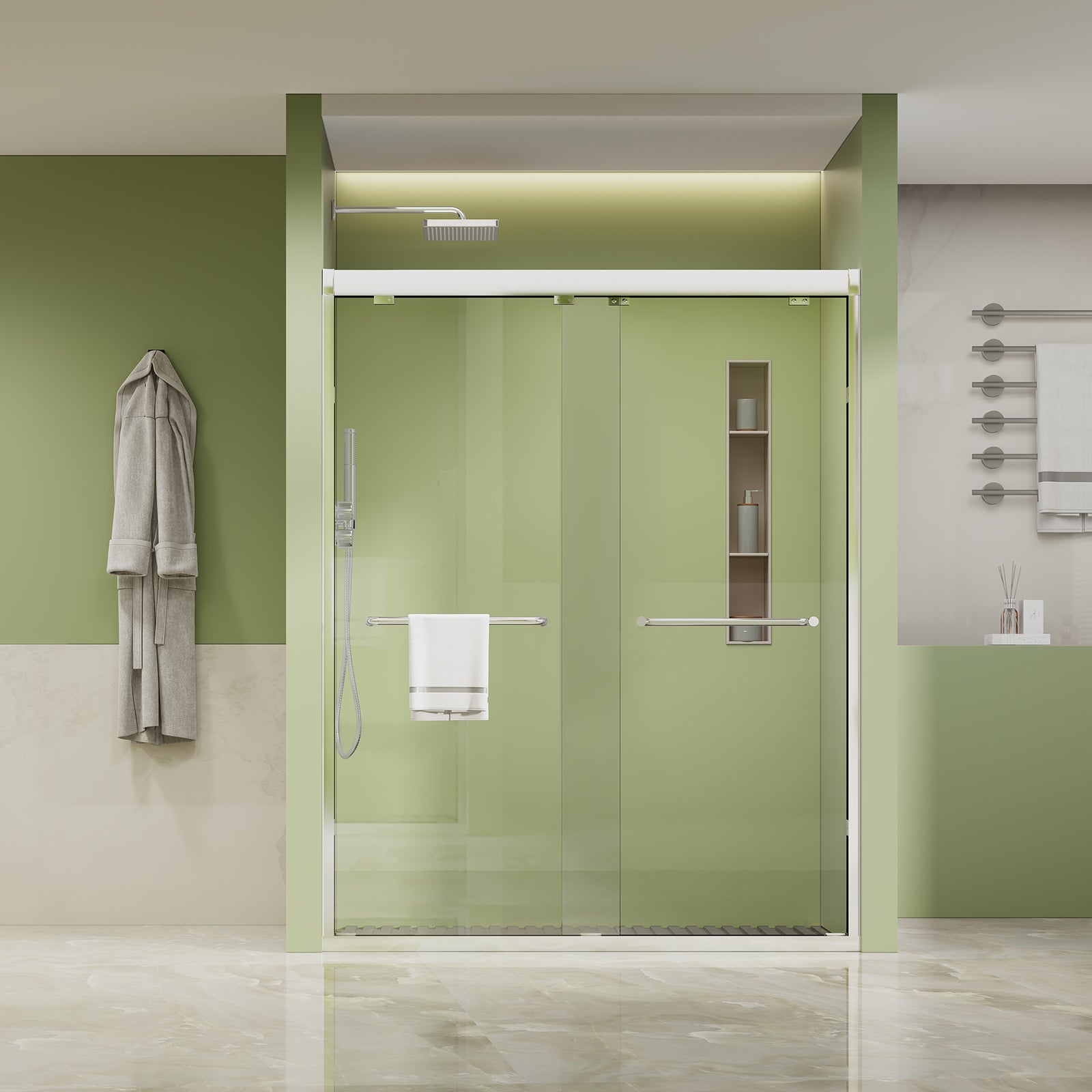
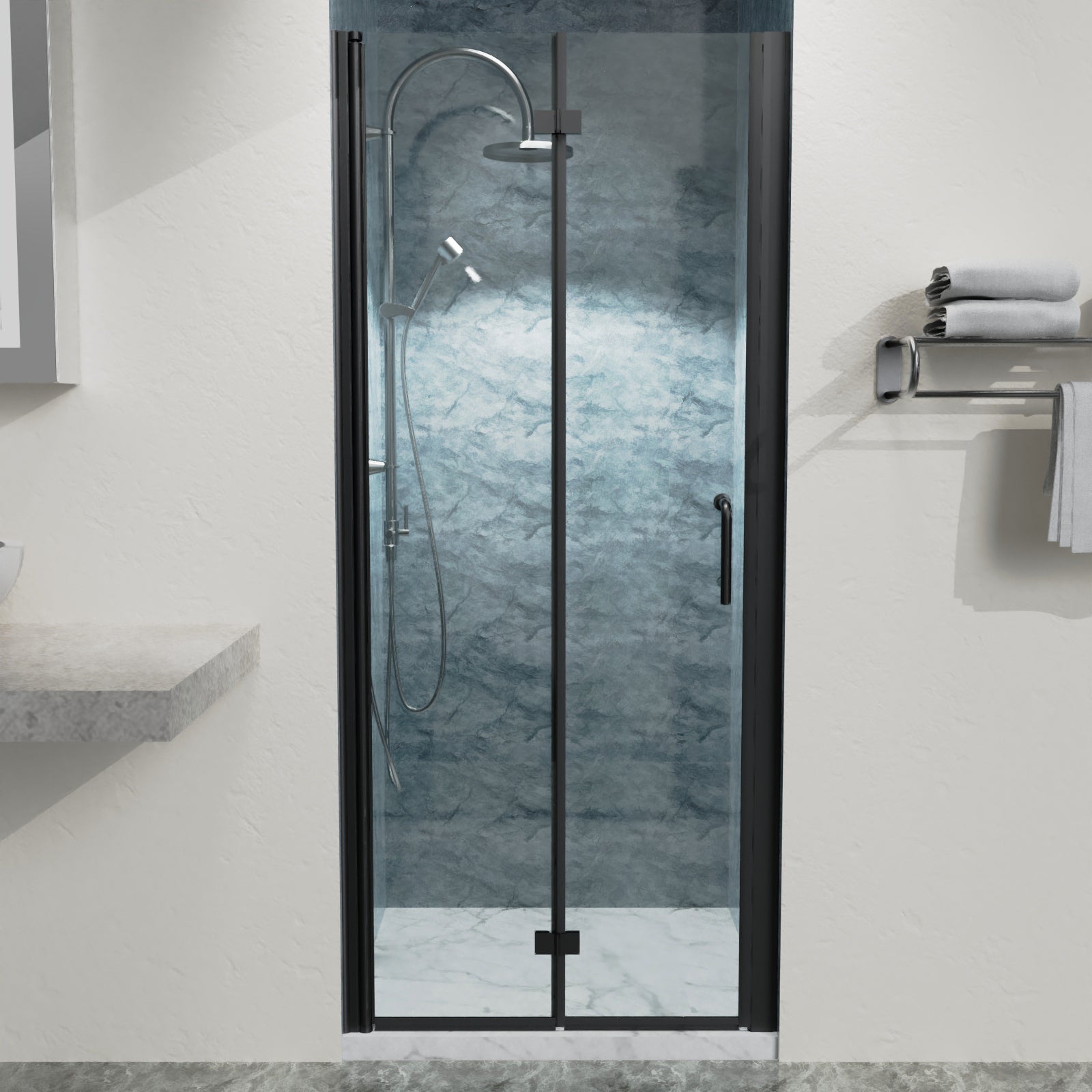
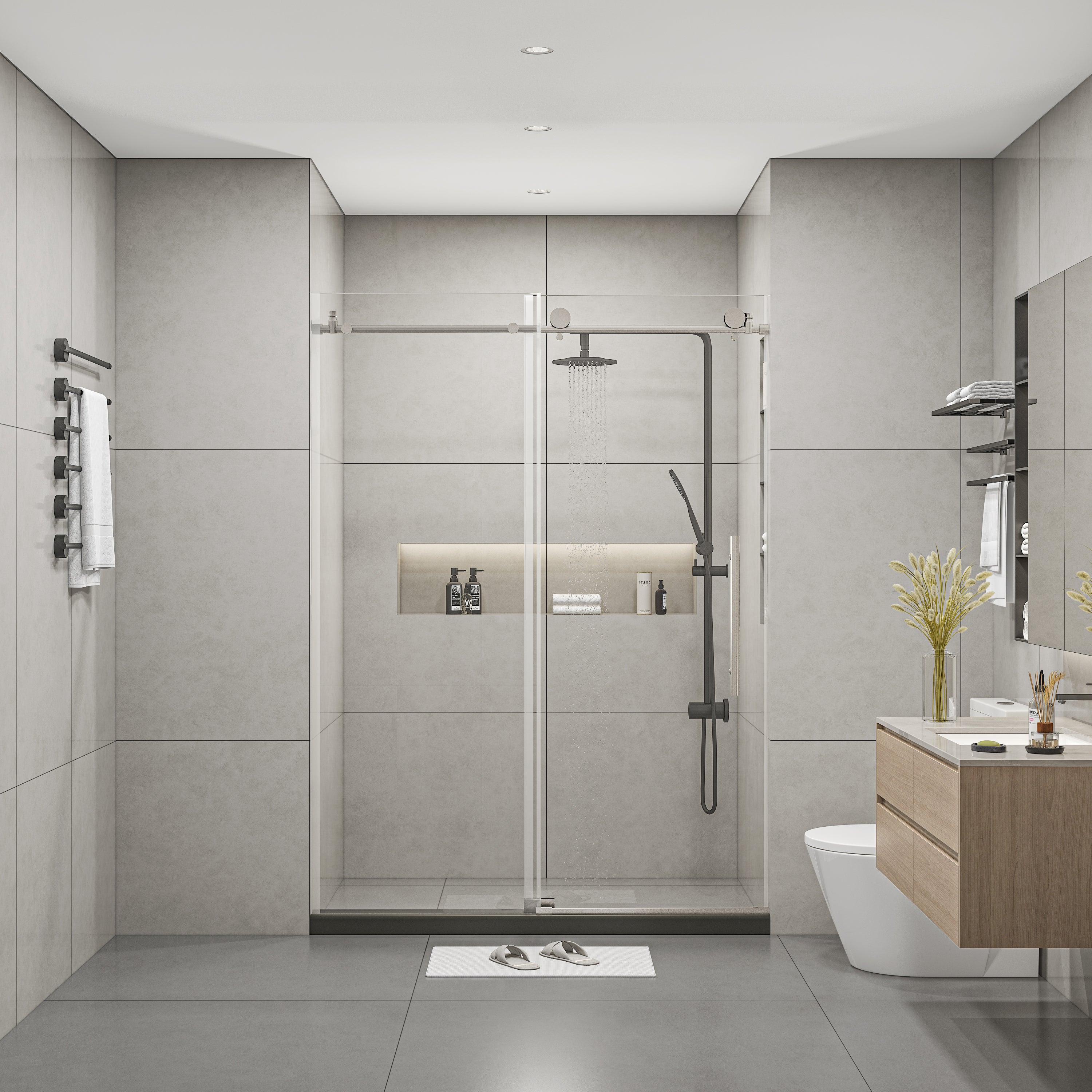



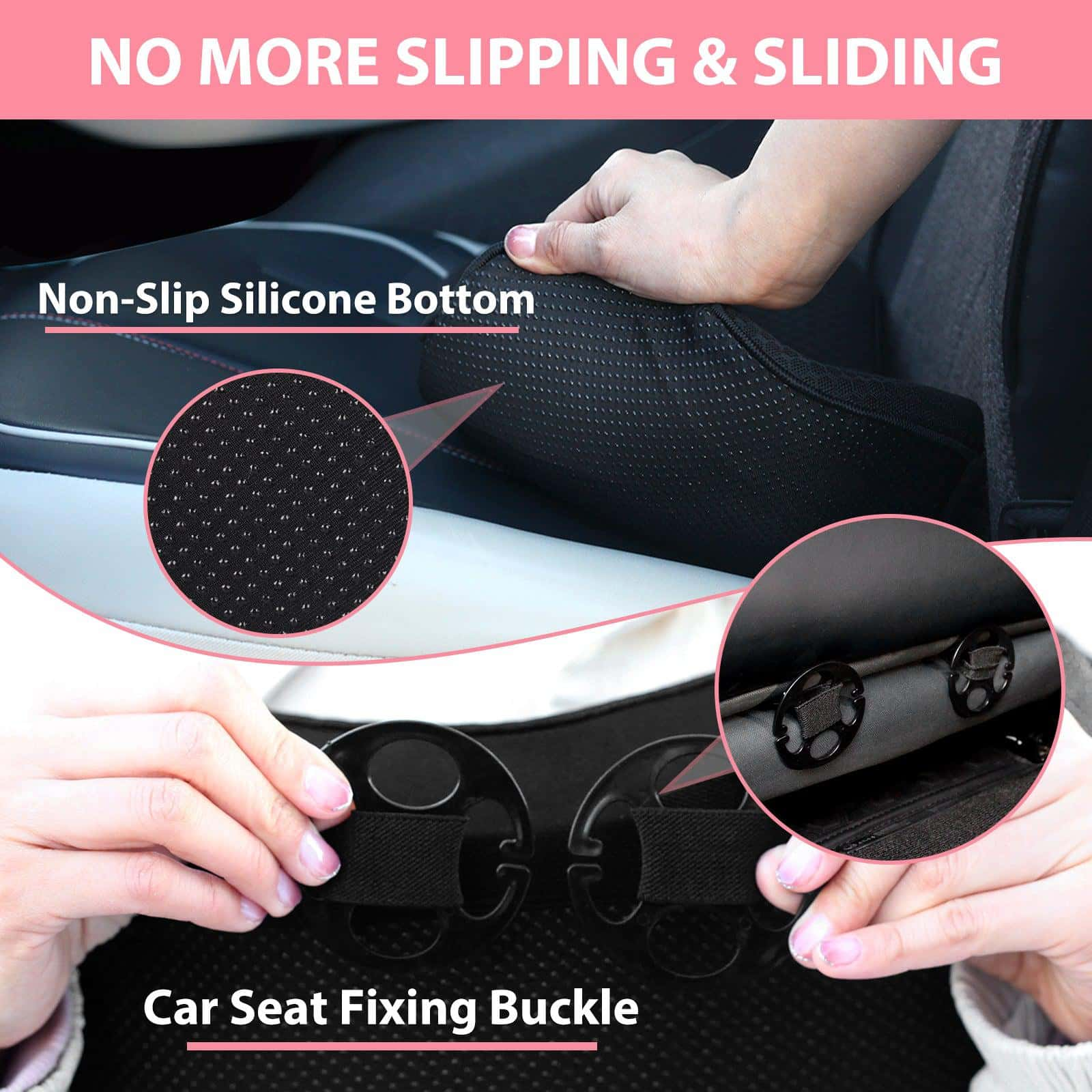
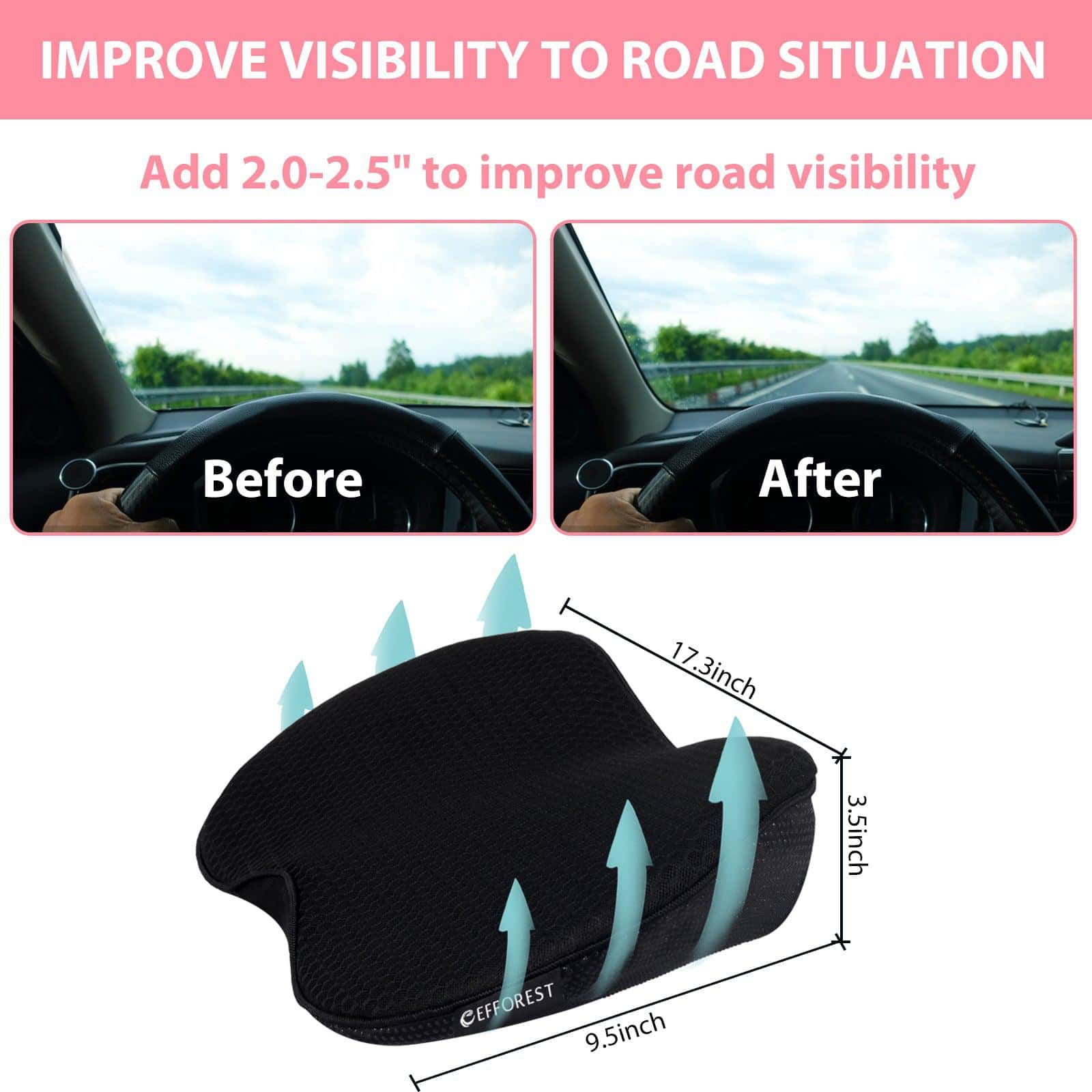



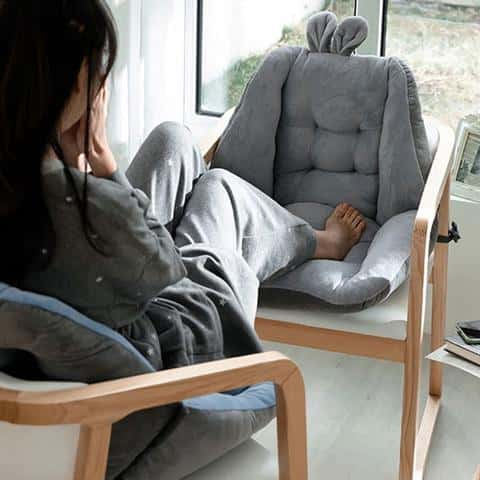

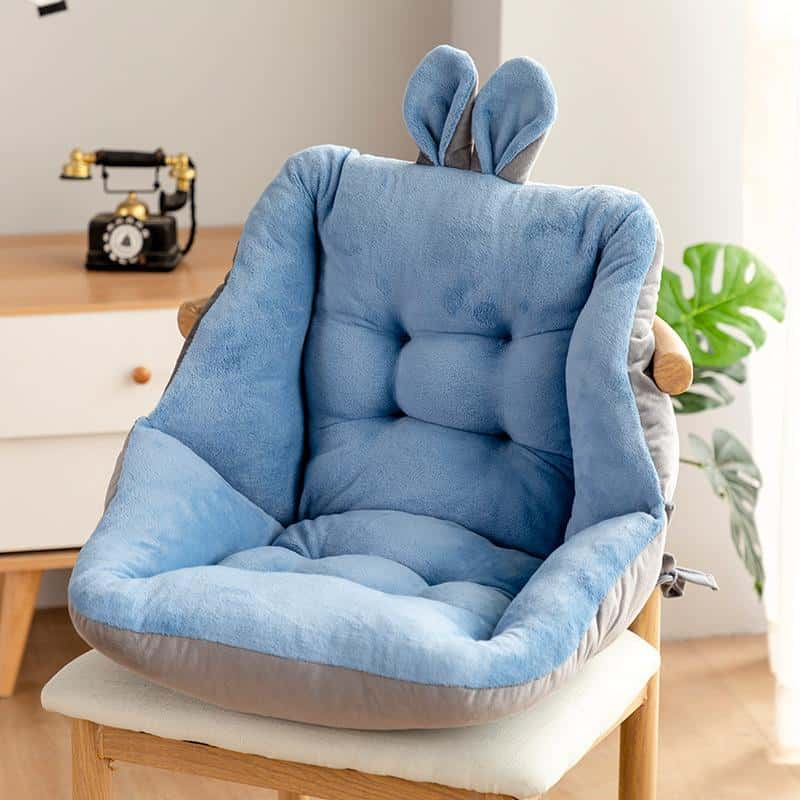

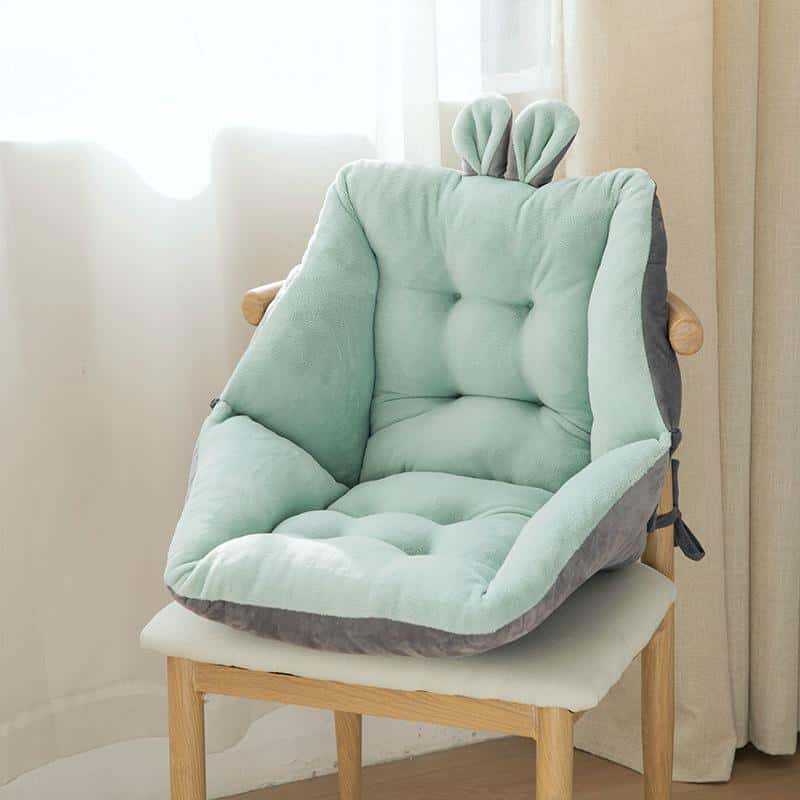
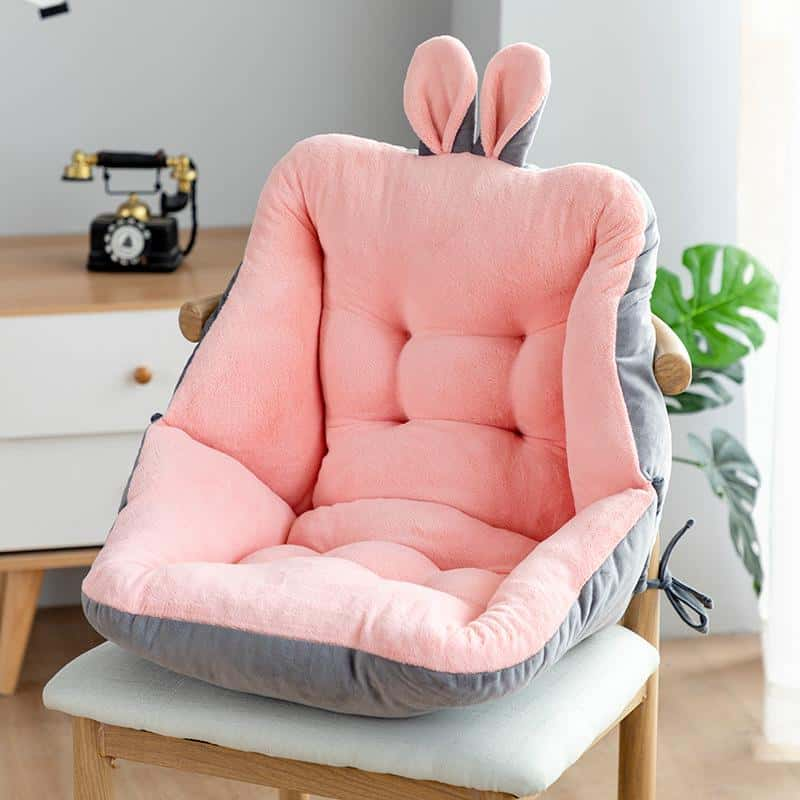
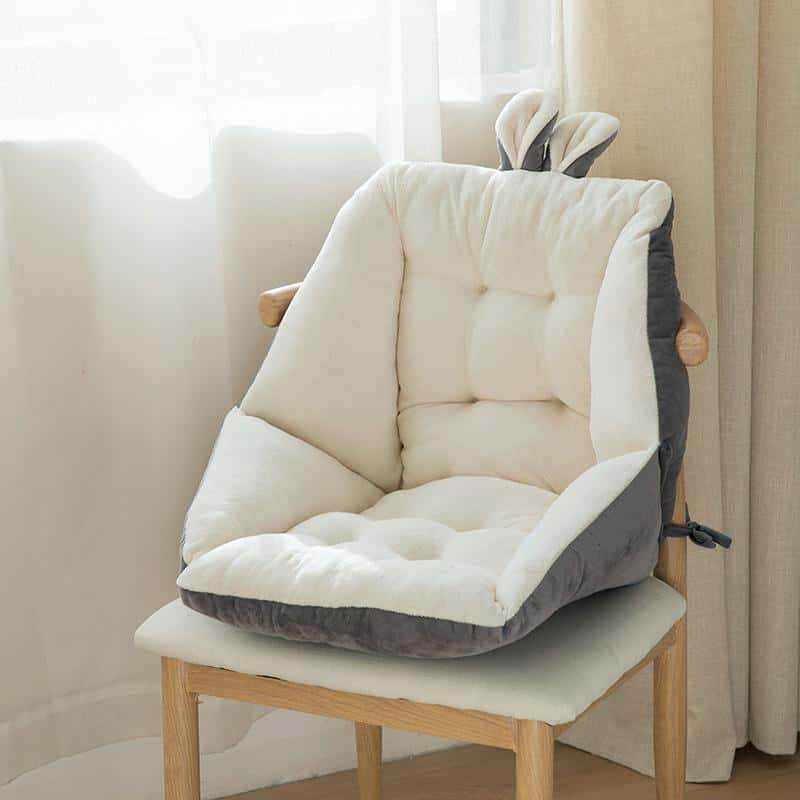
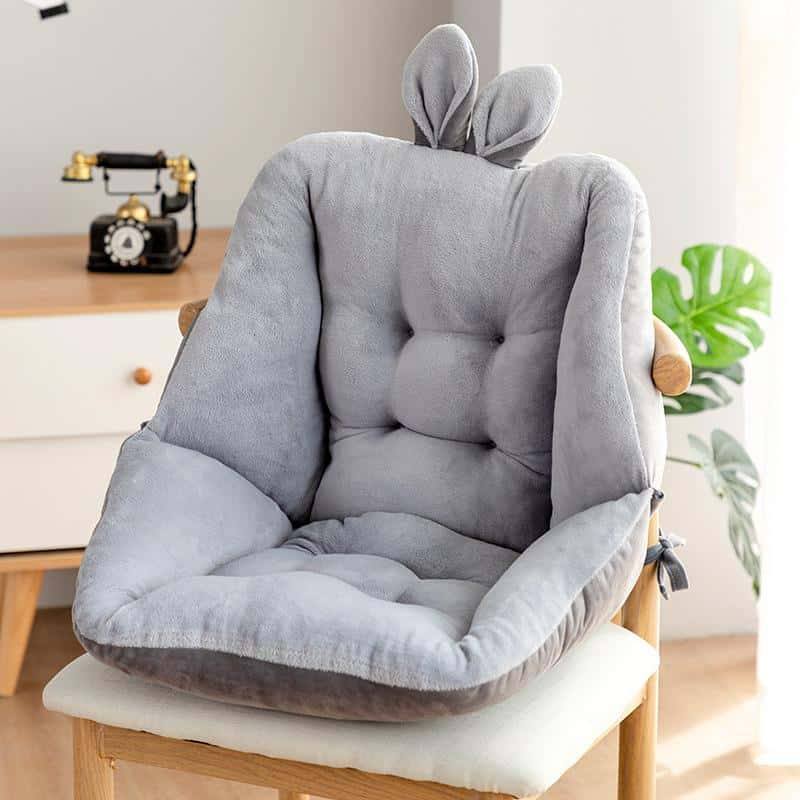

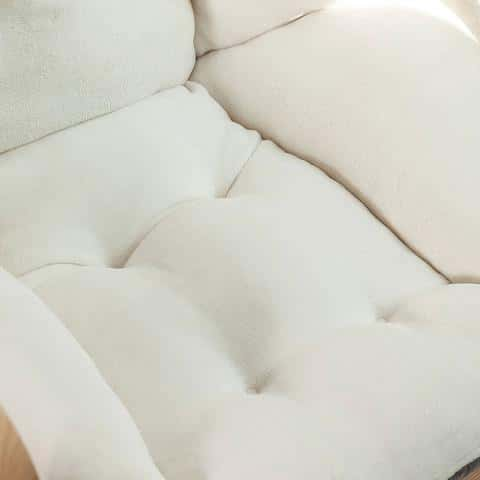
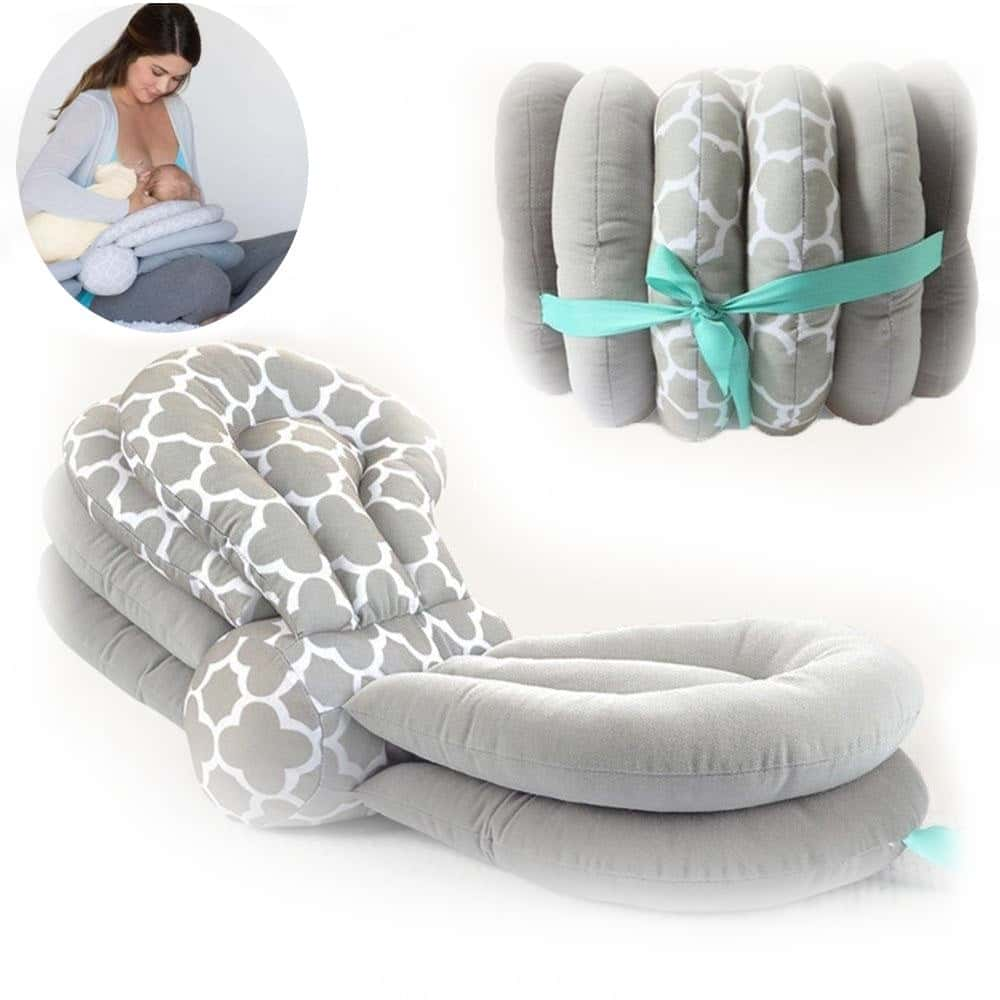
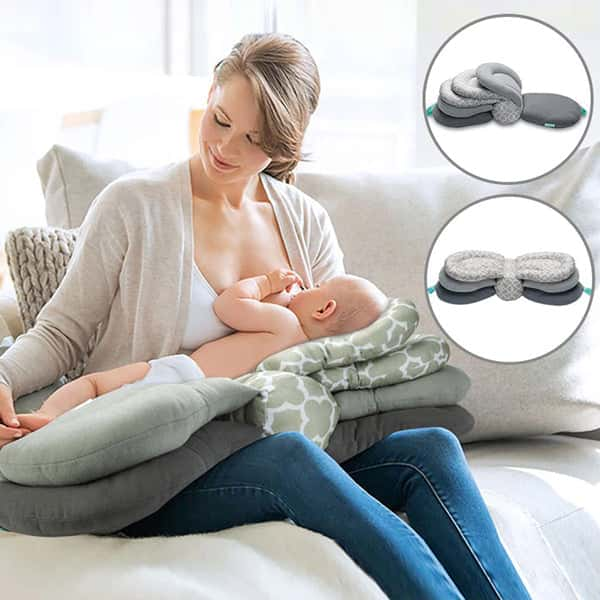
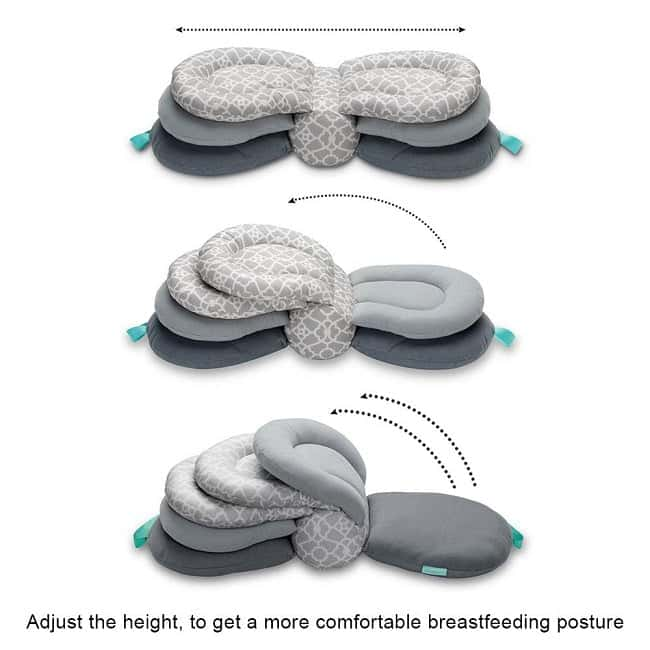
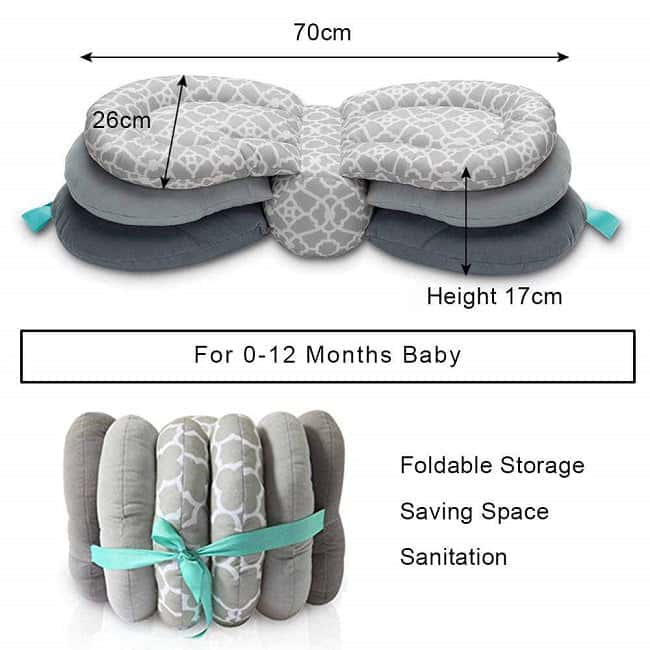
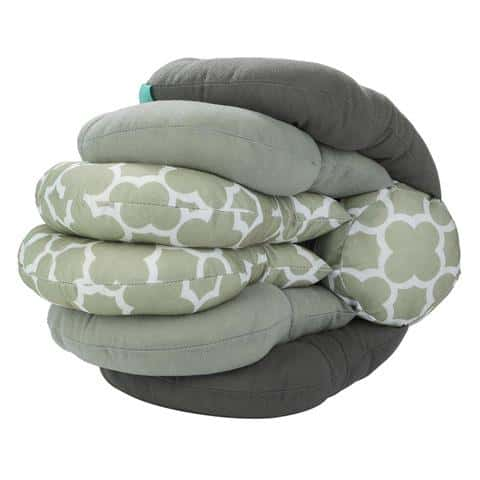
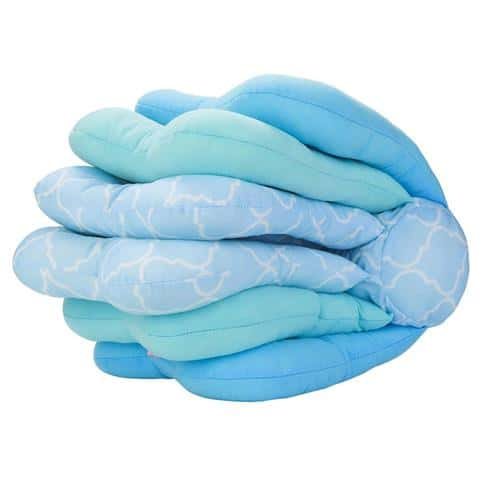
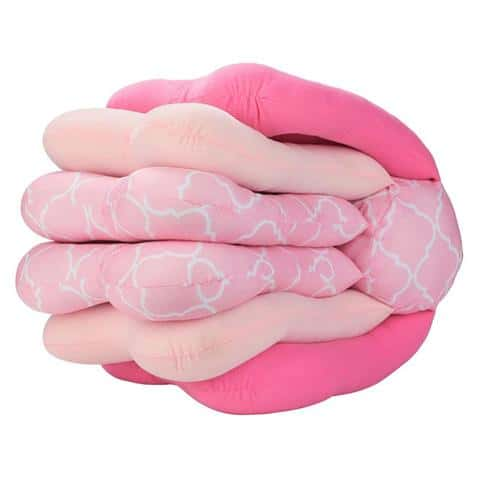
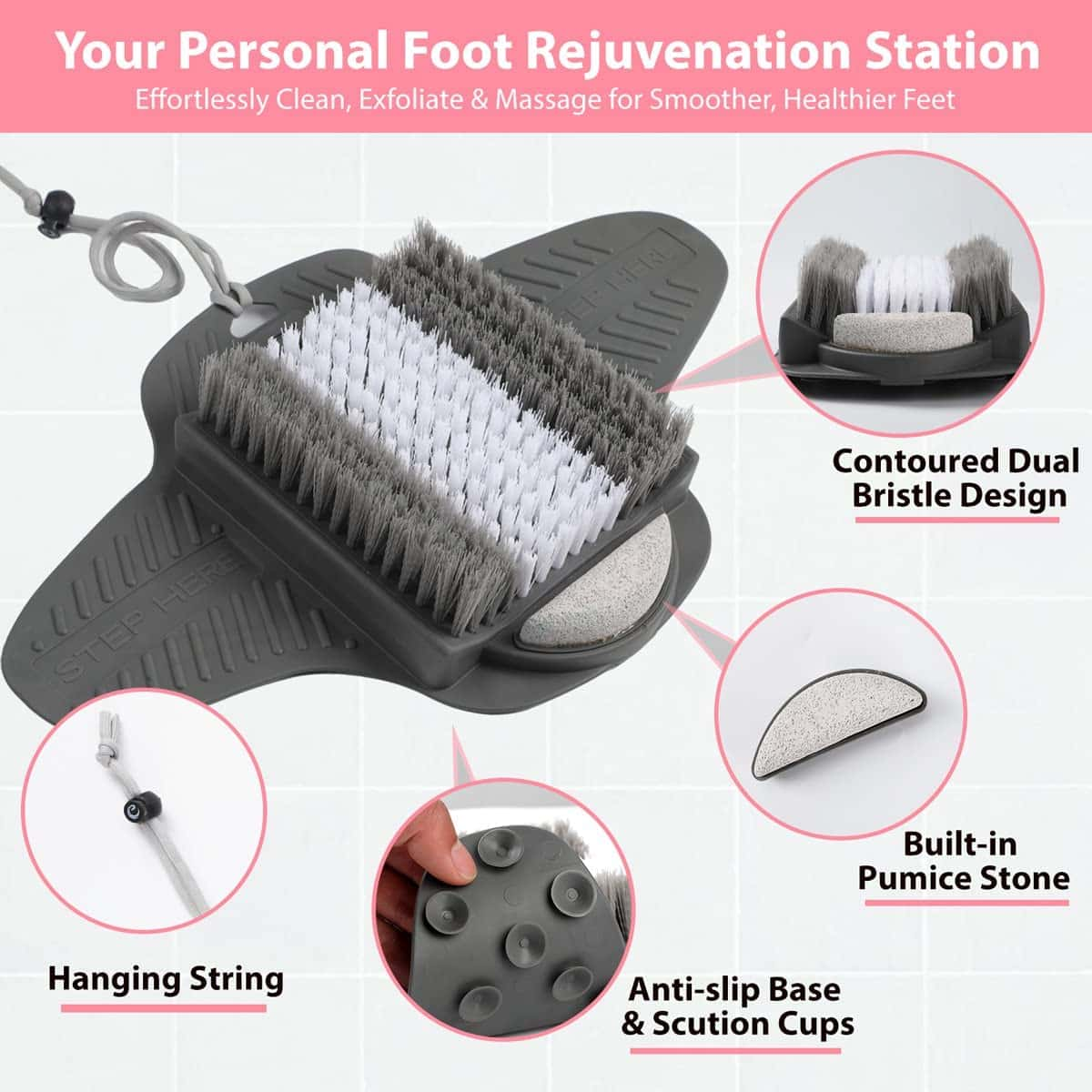
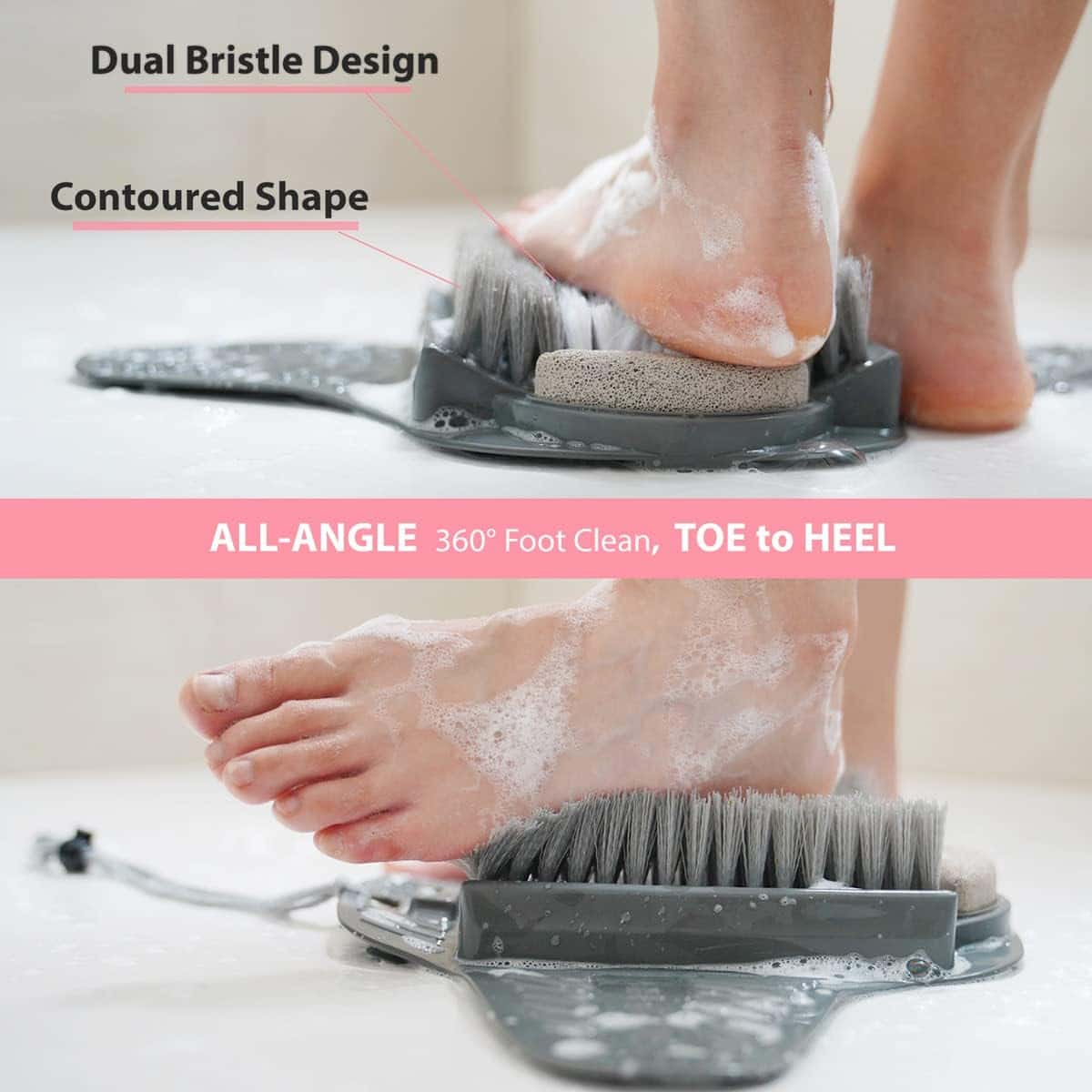
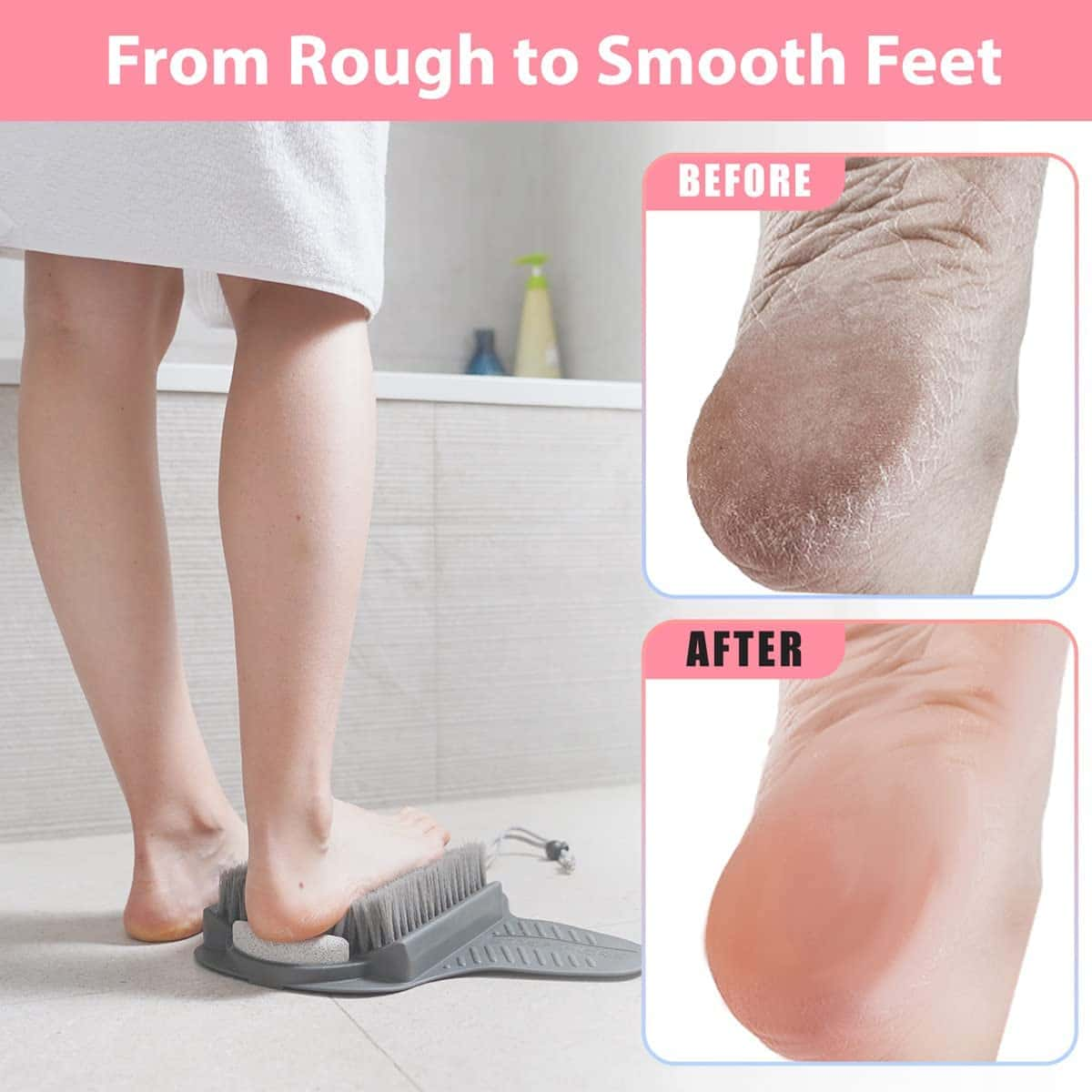
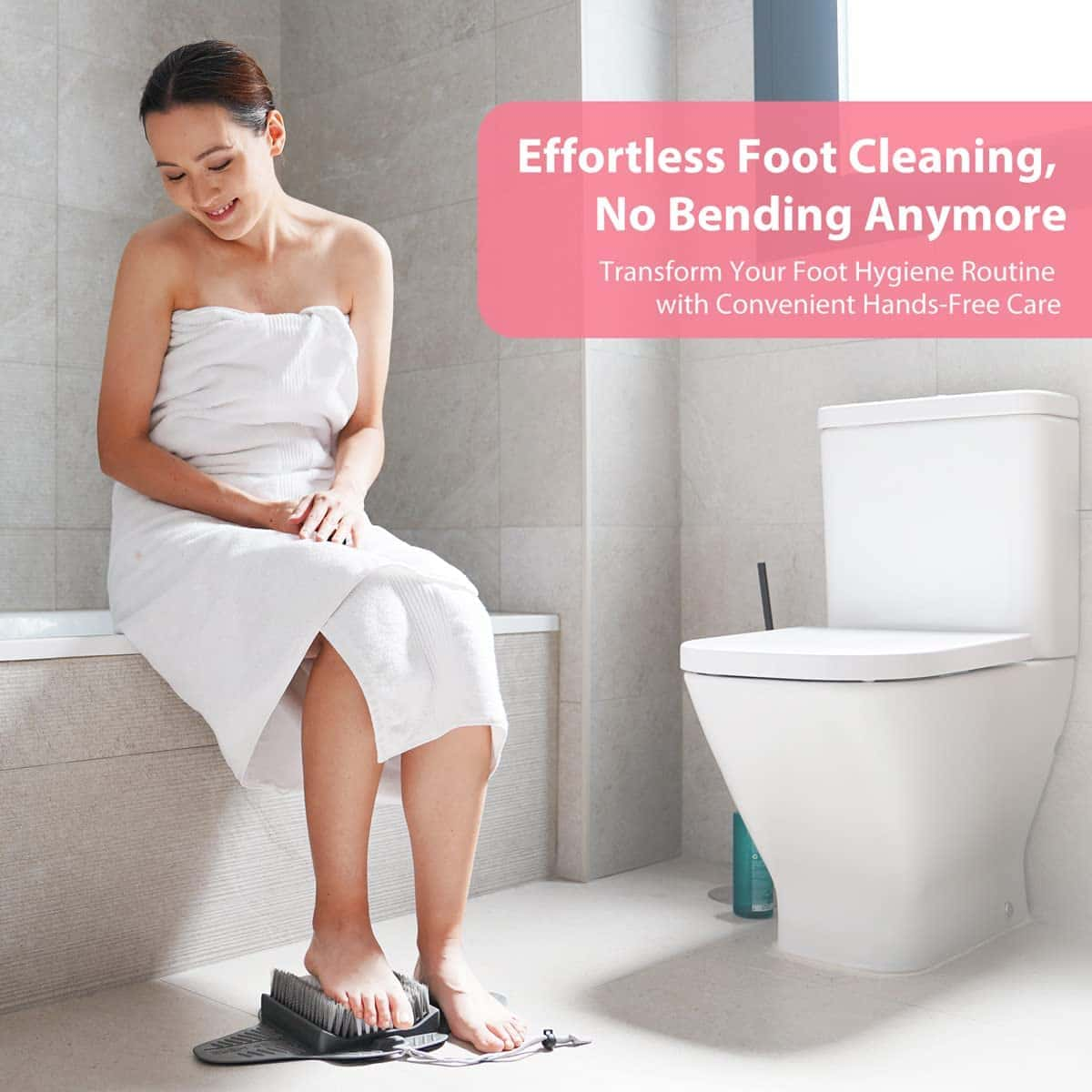
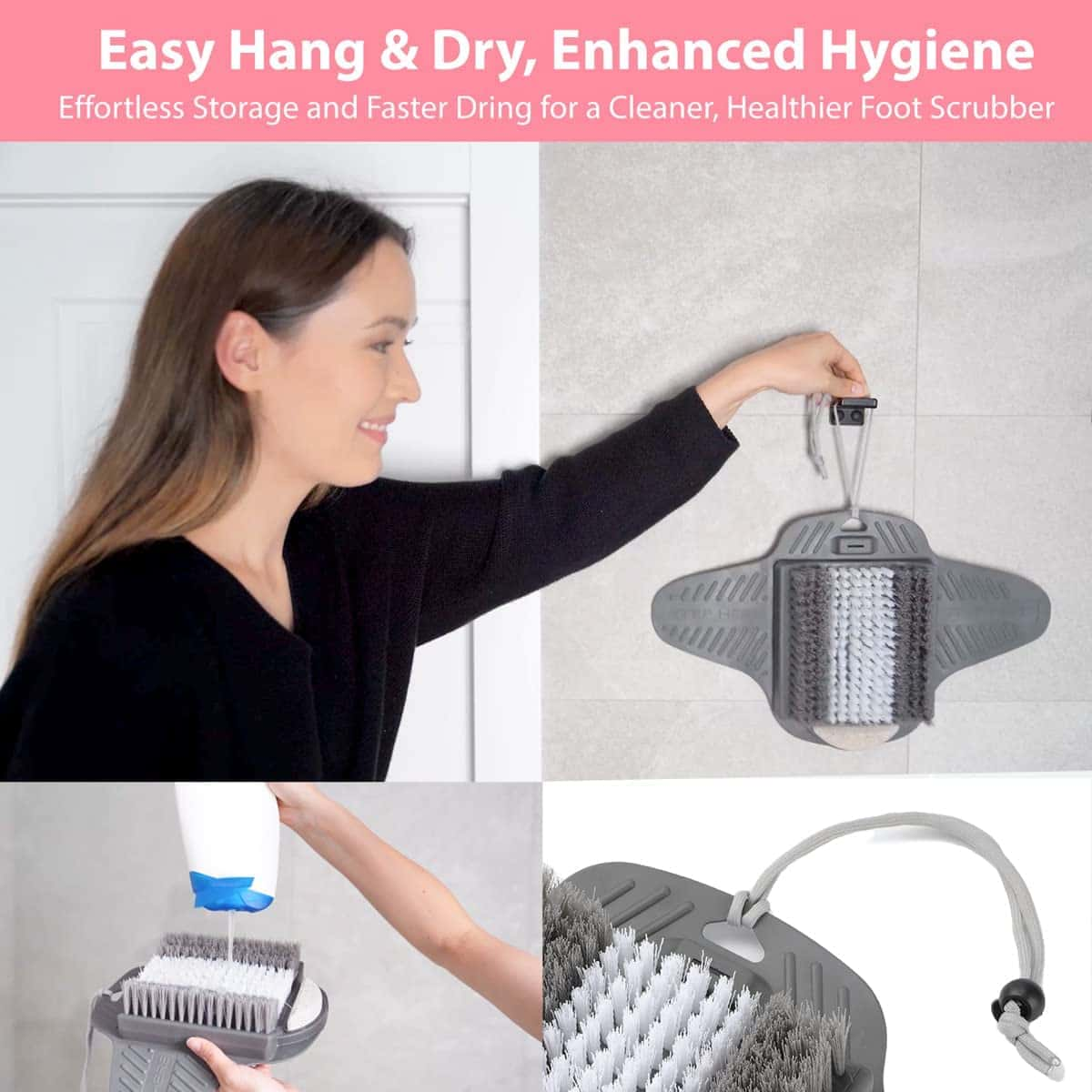
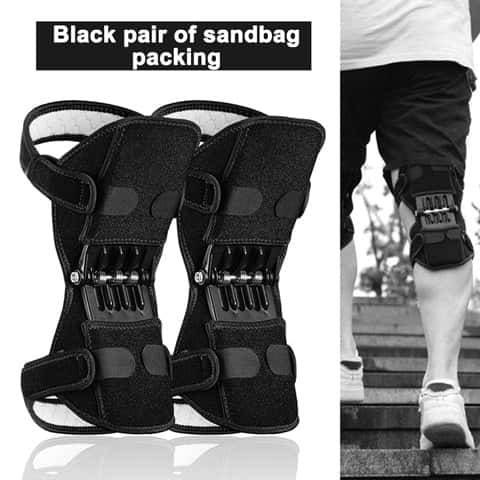
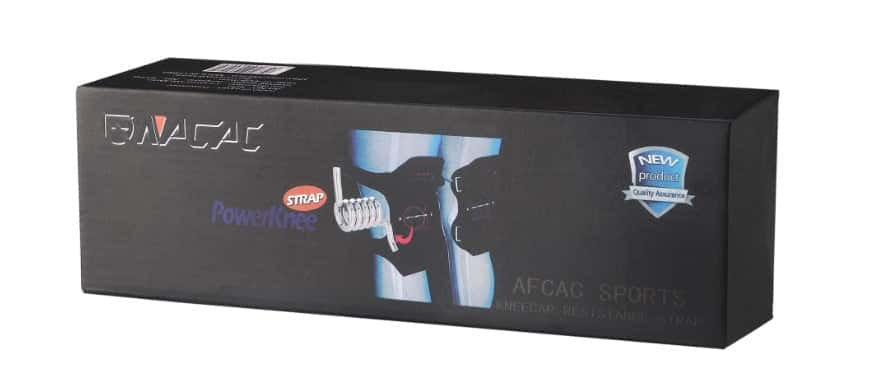

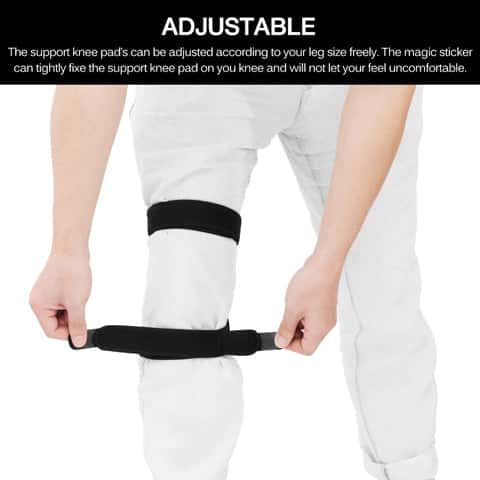
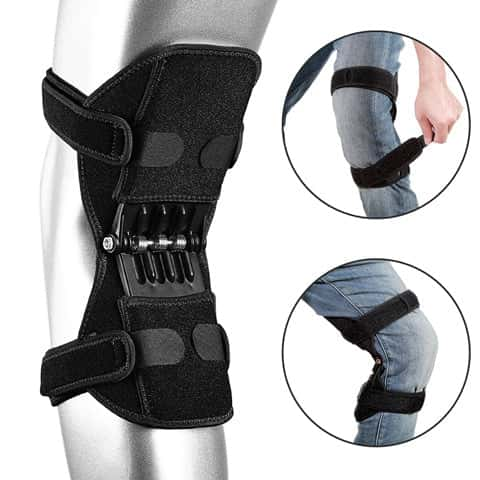

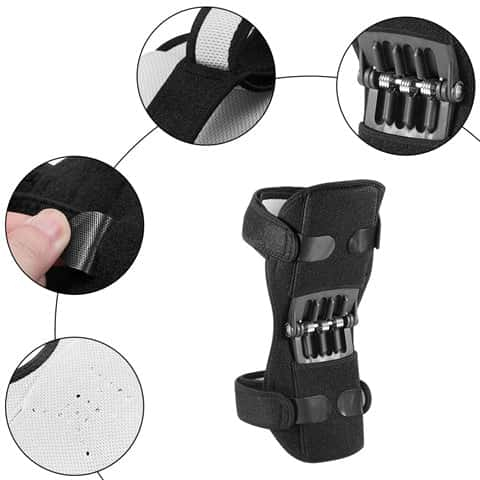
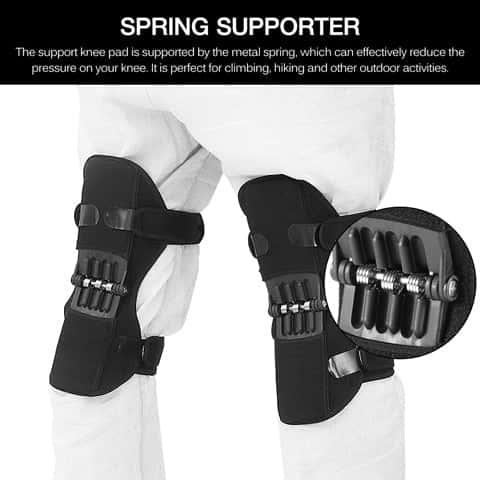
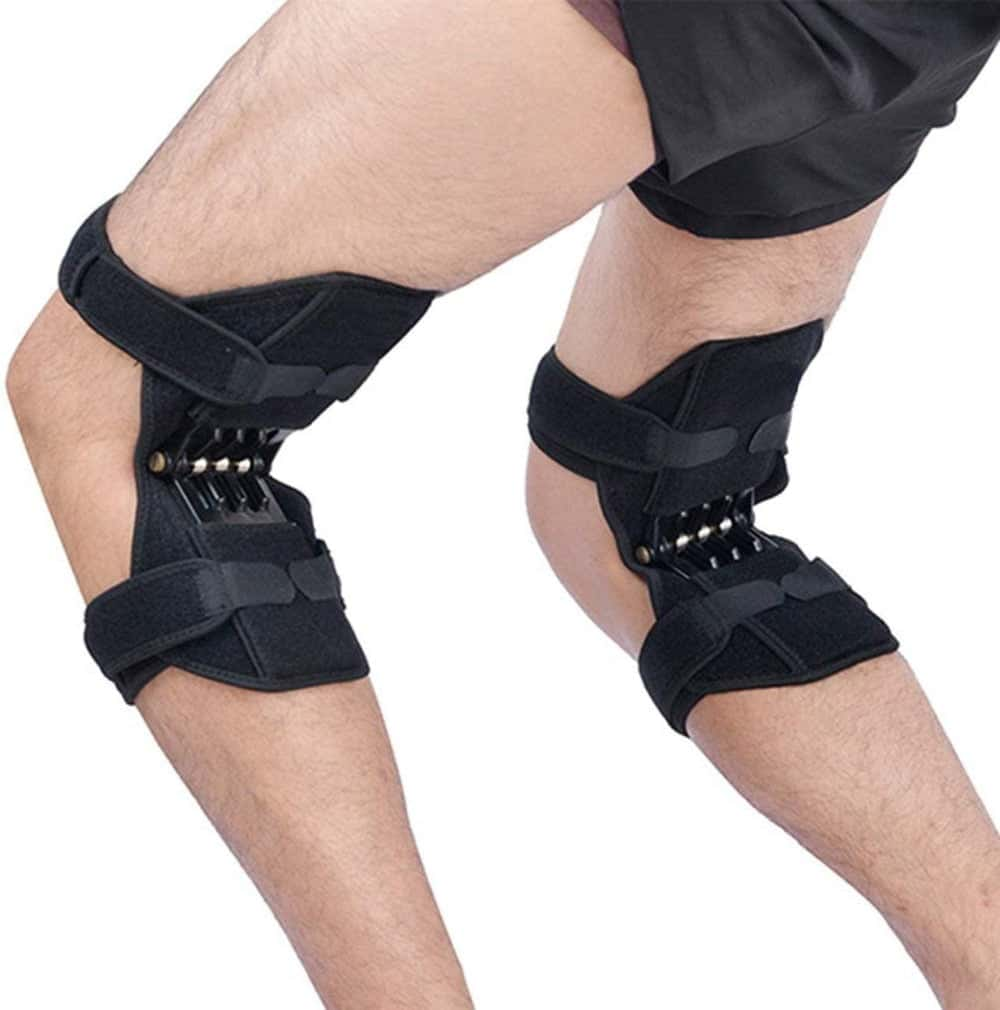




Share and get 15% off!
Simply share this product on one of the following social networks and you will unlock 15% off!